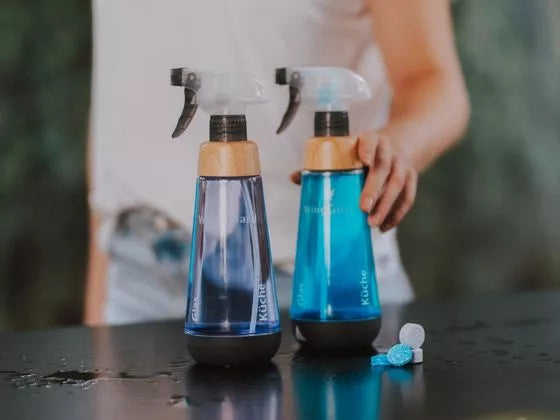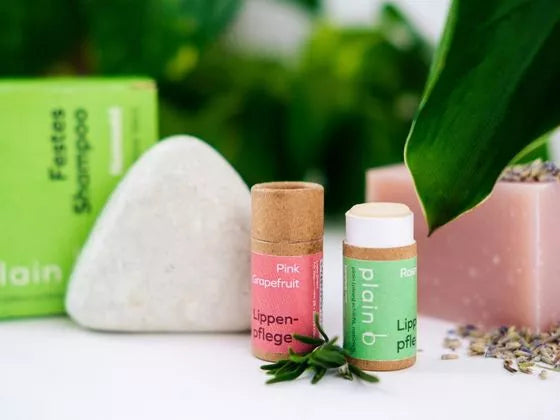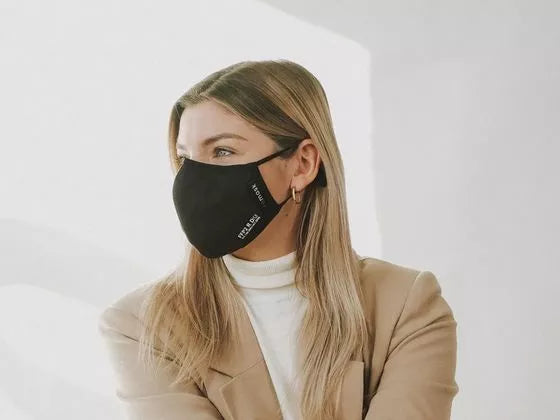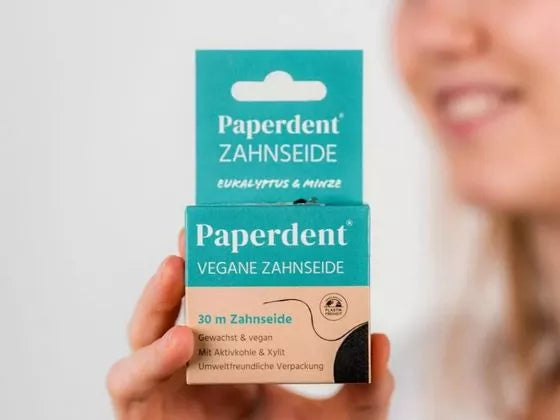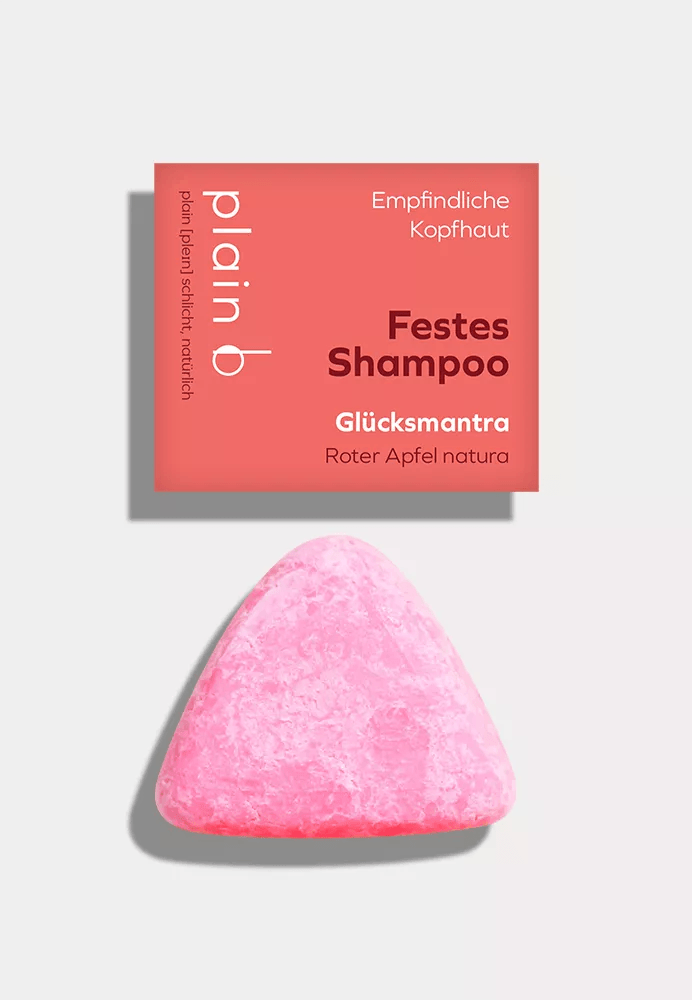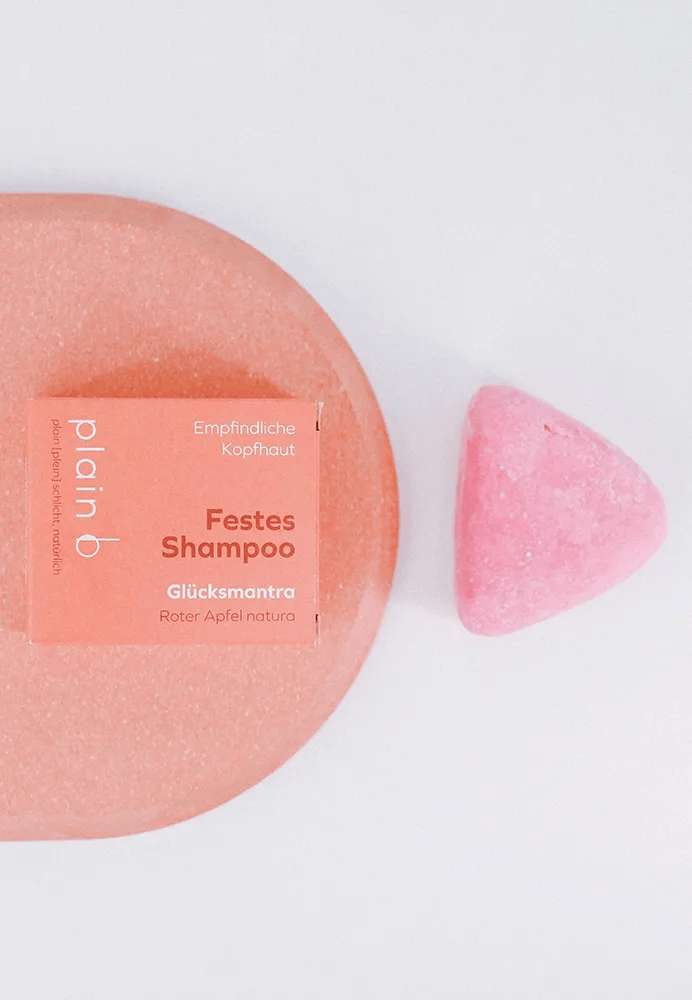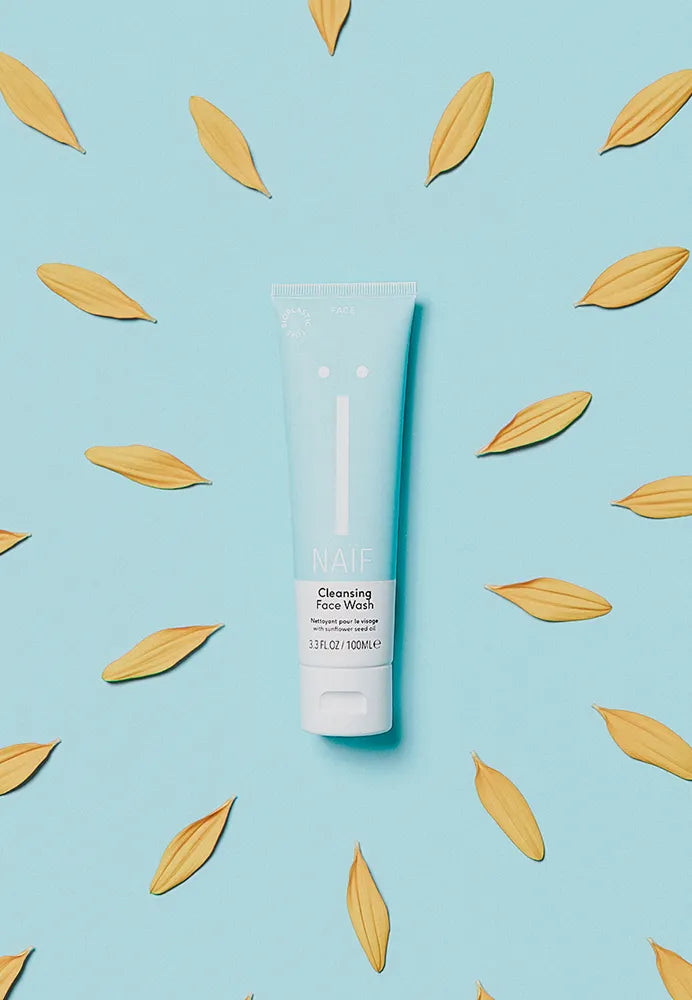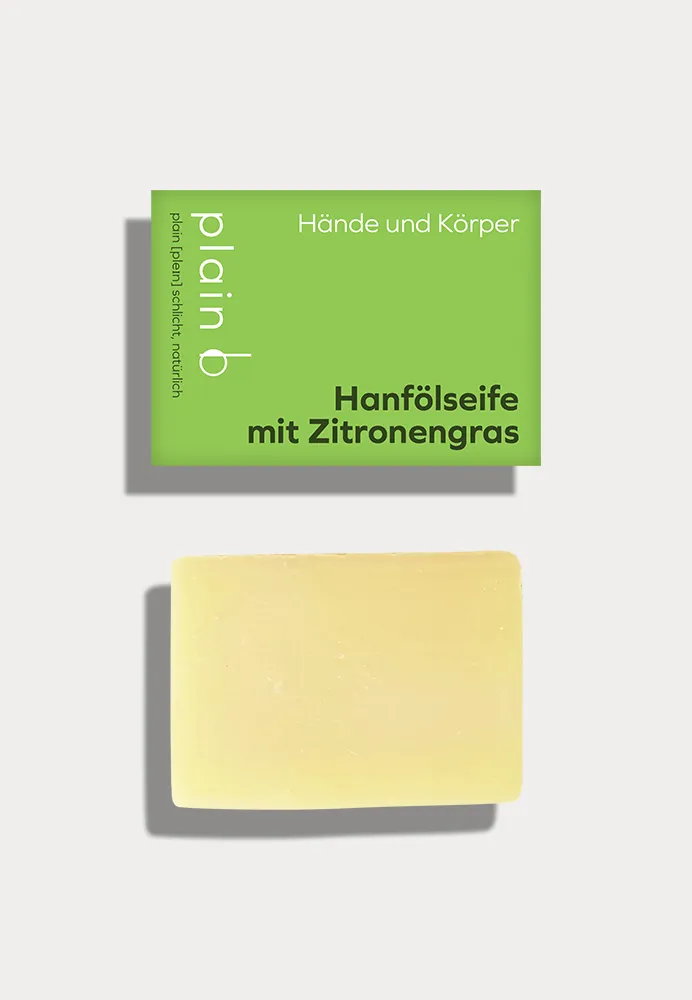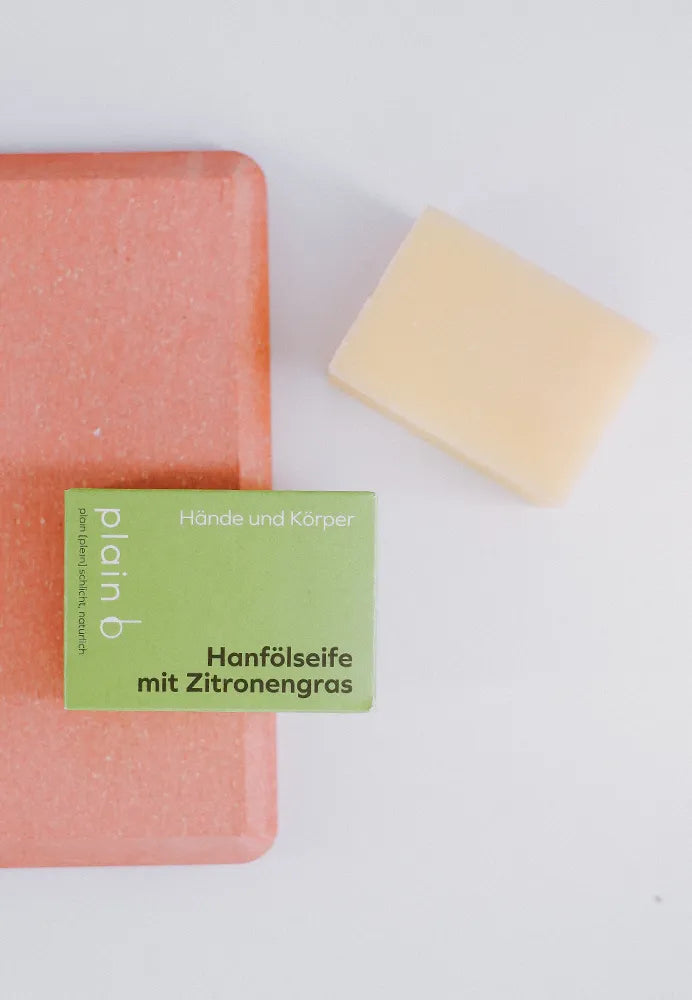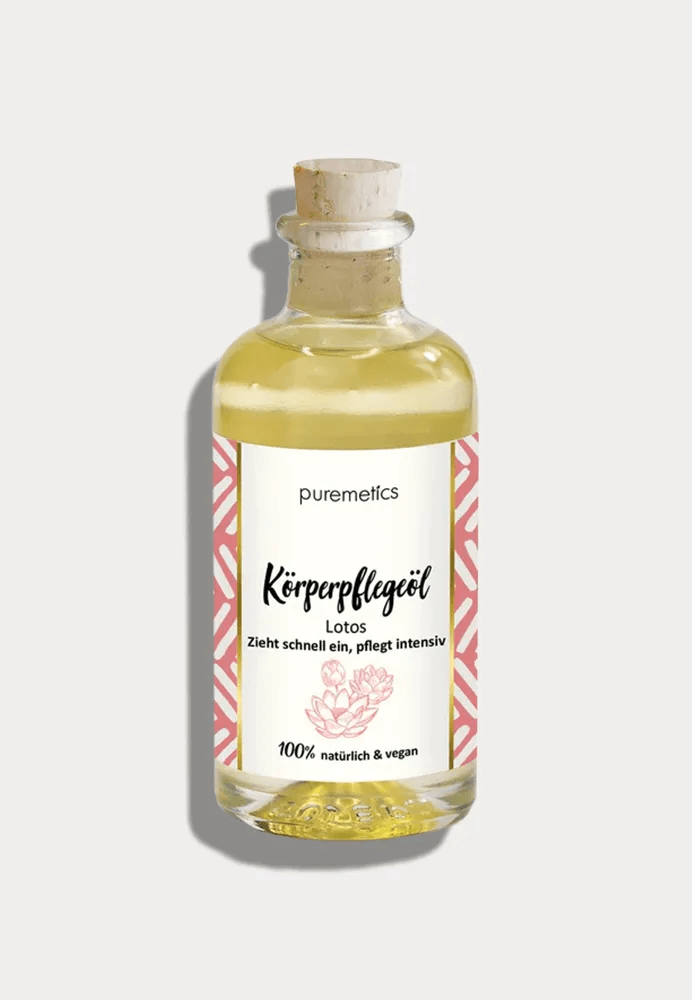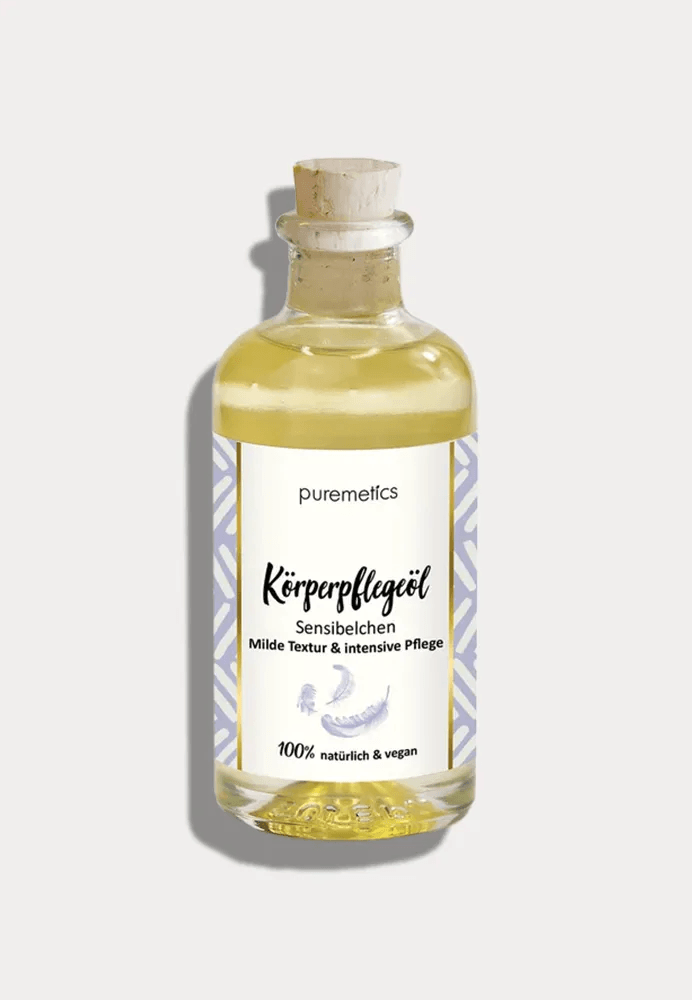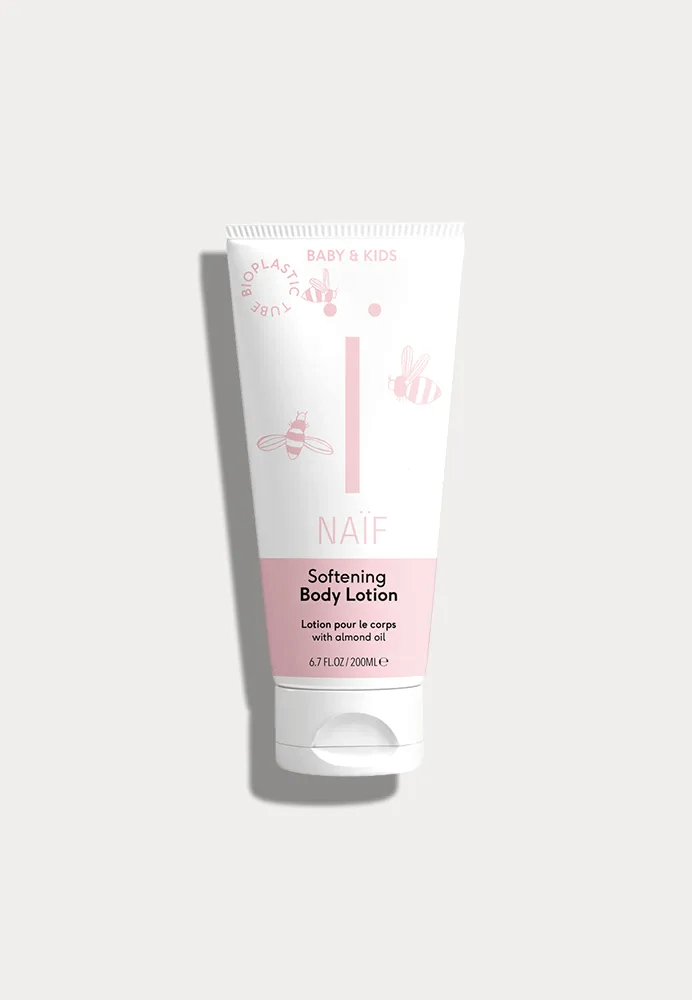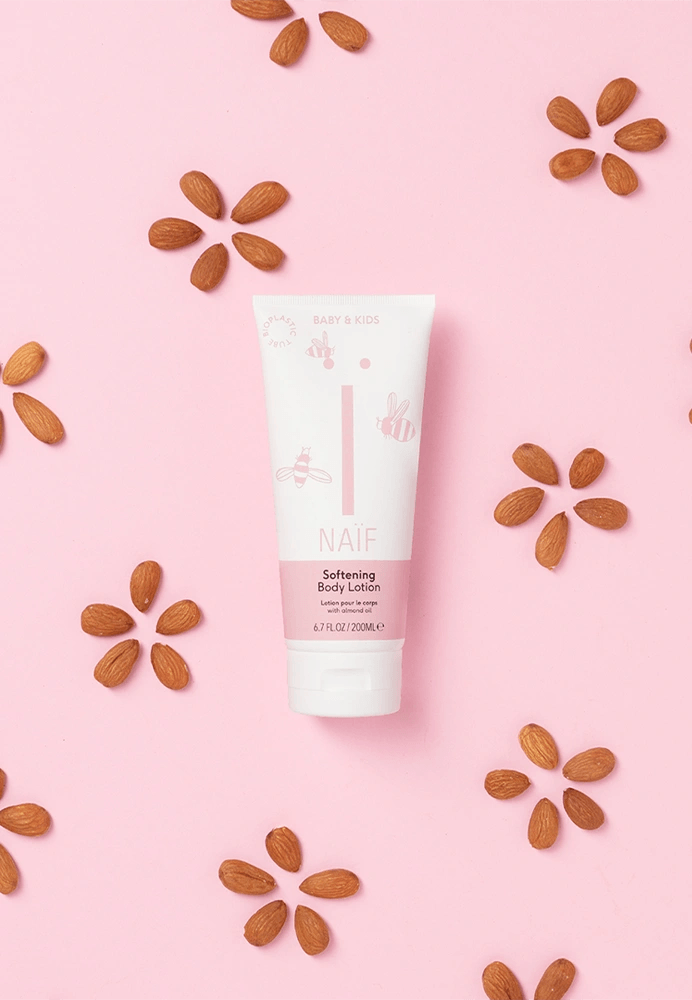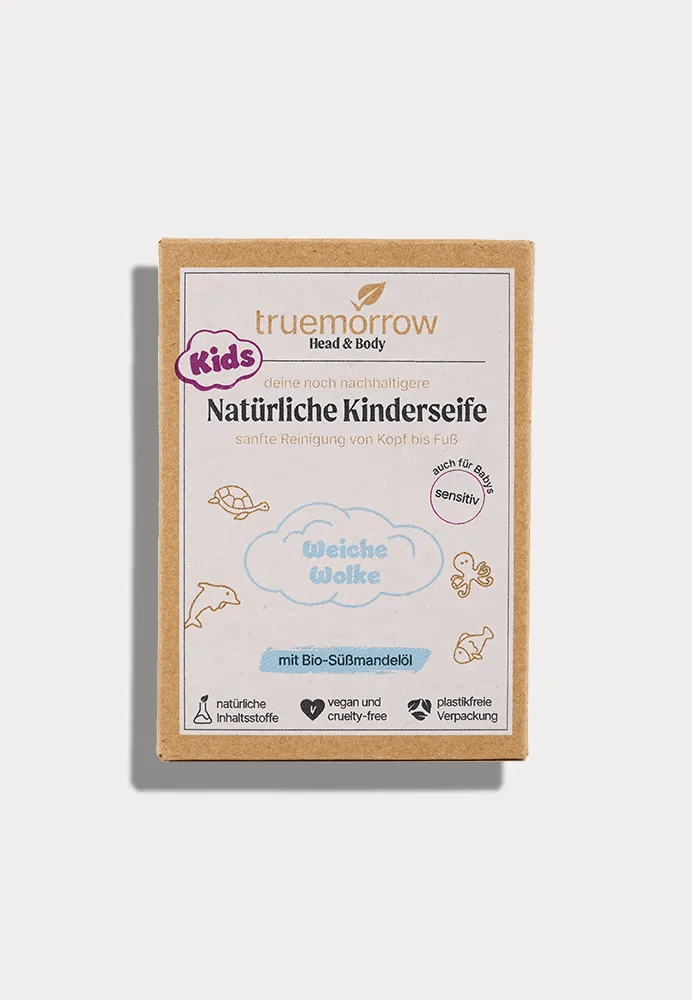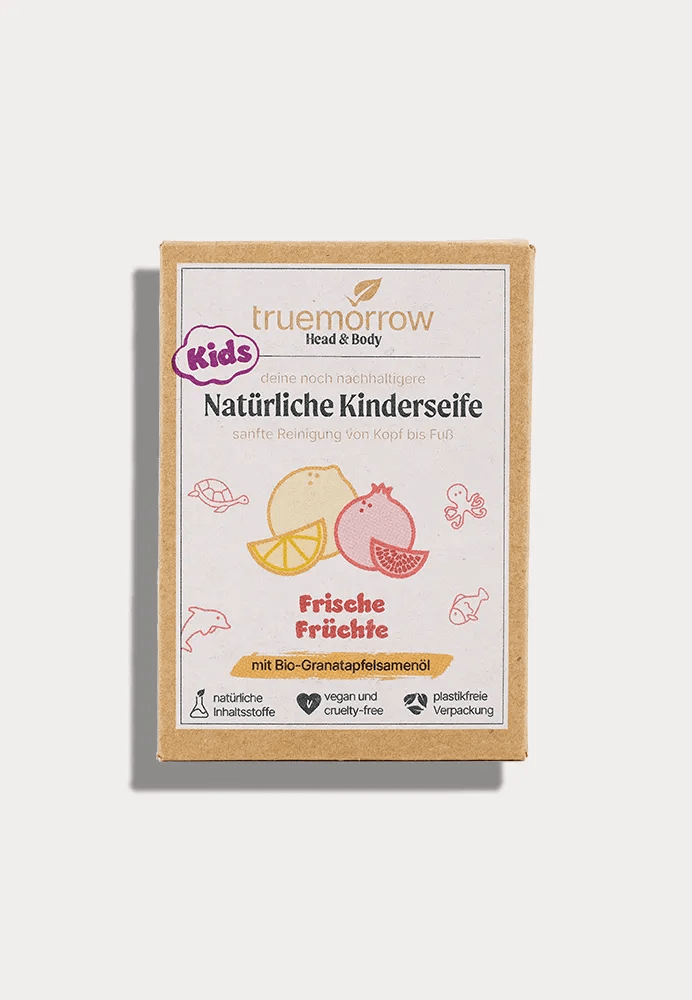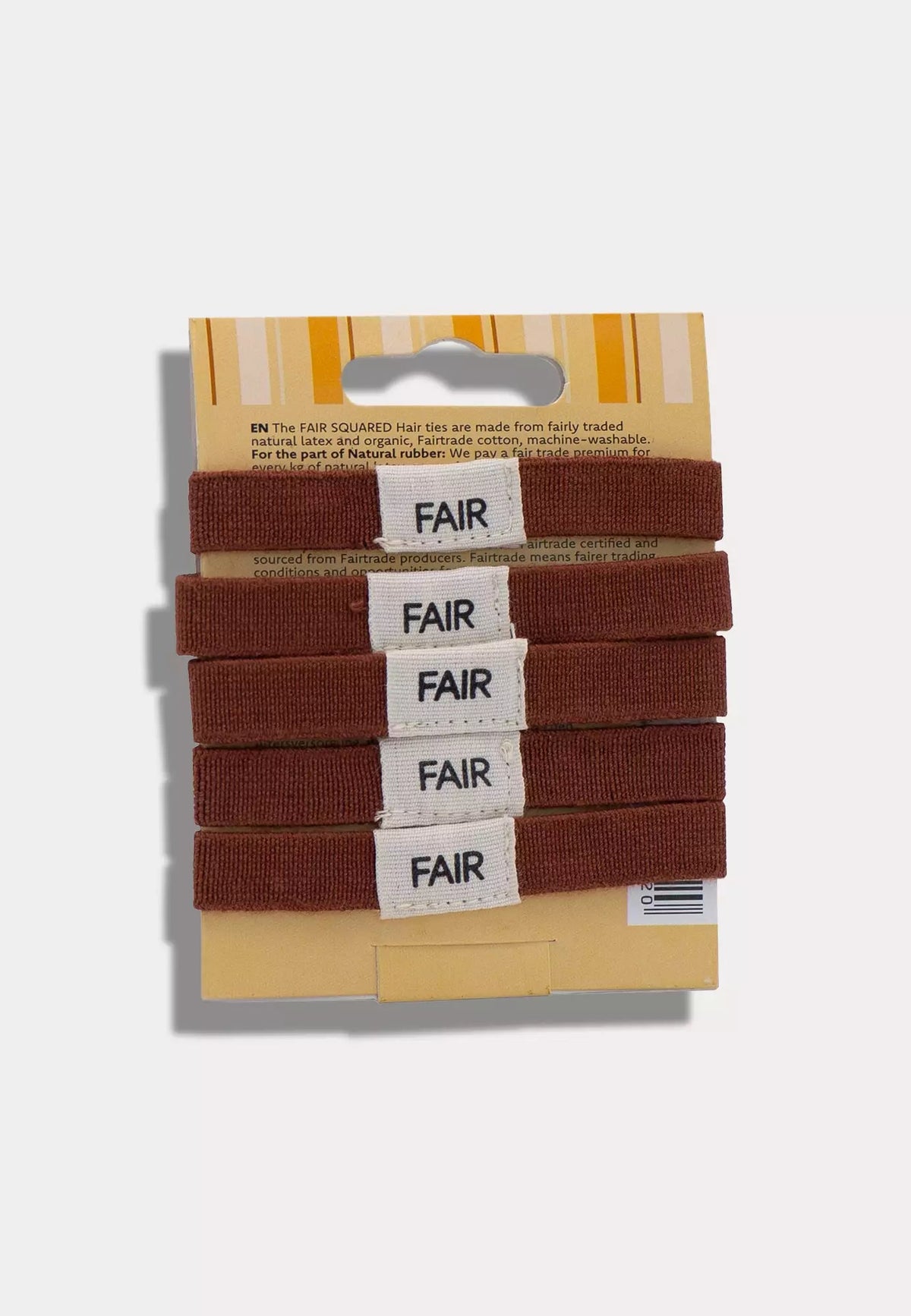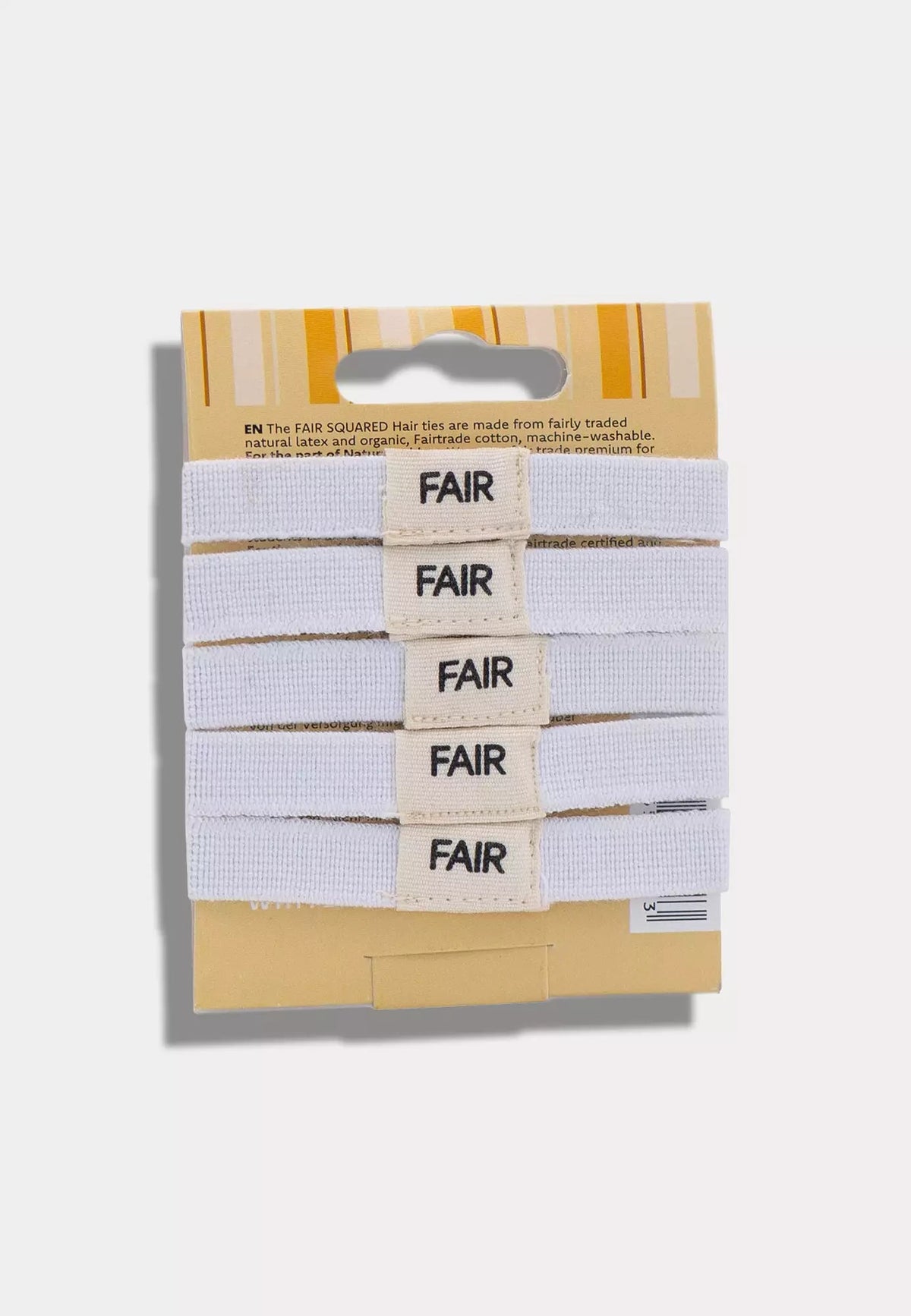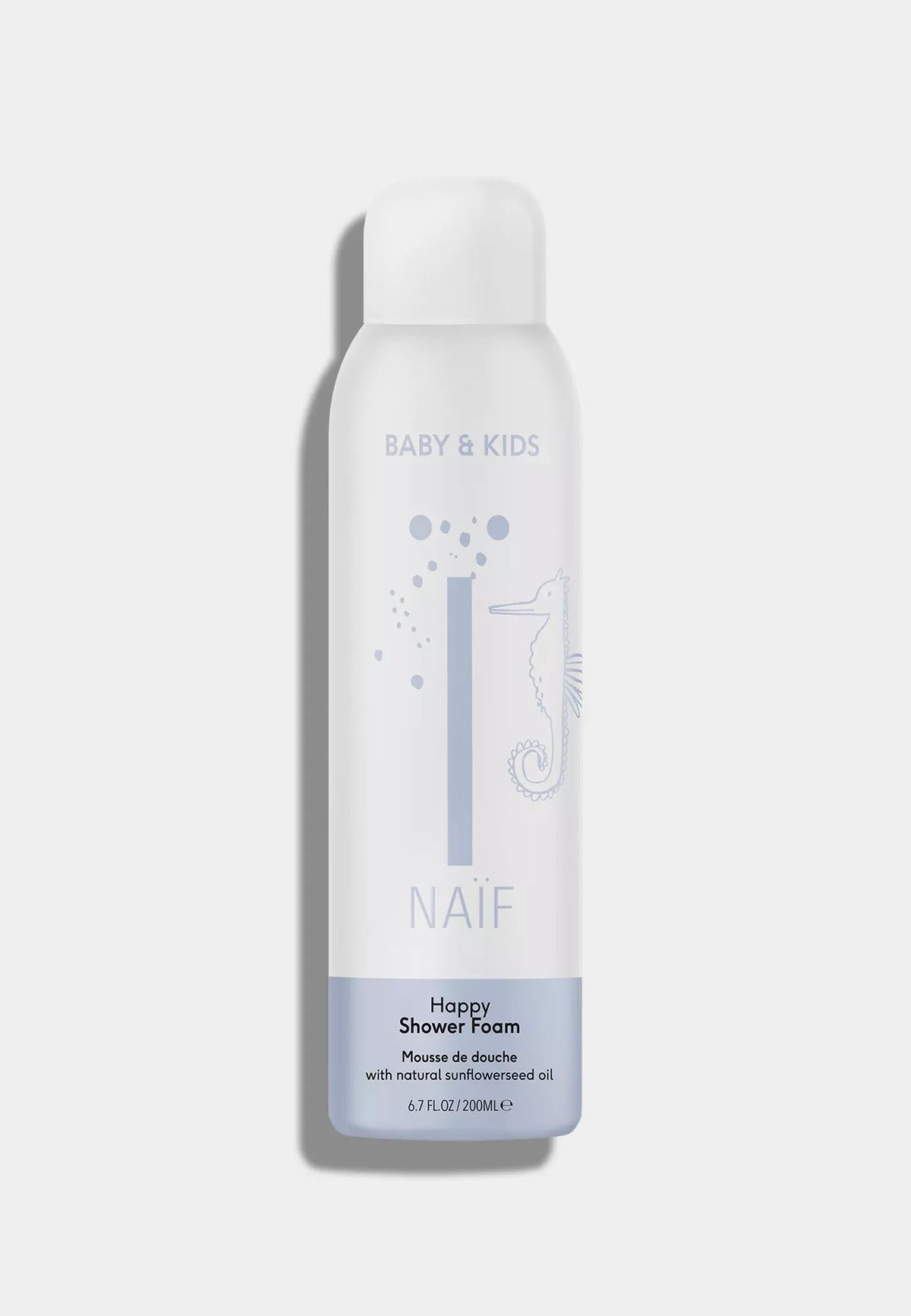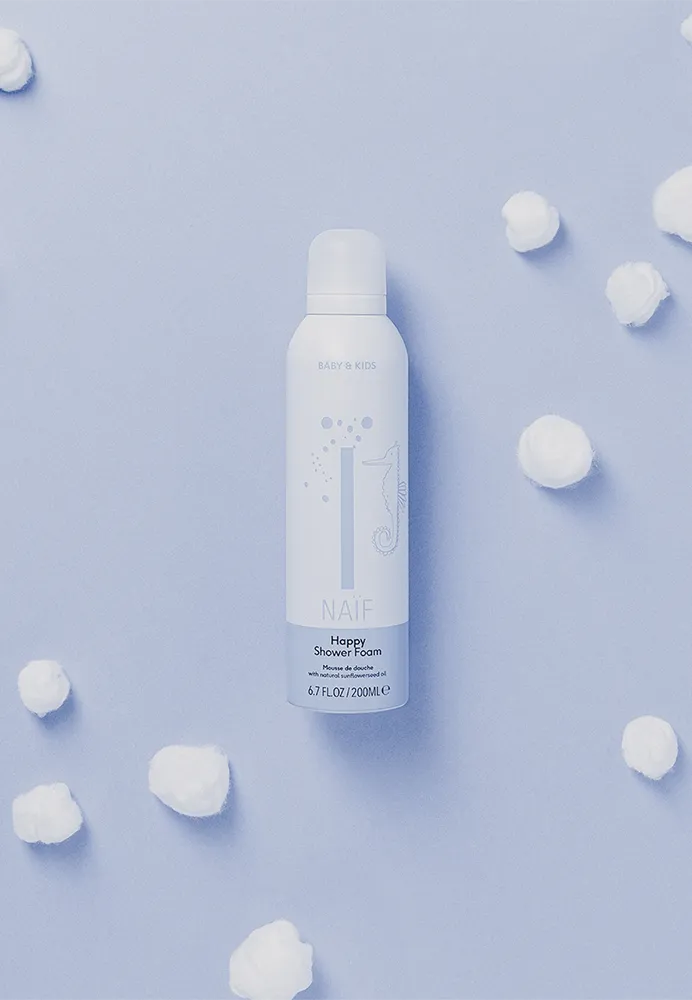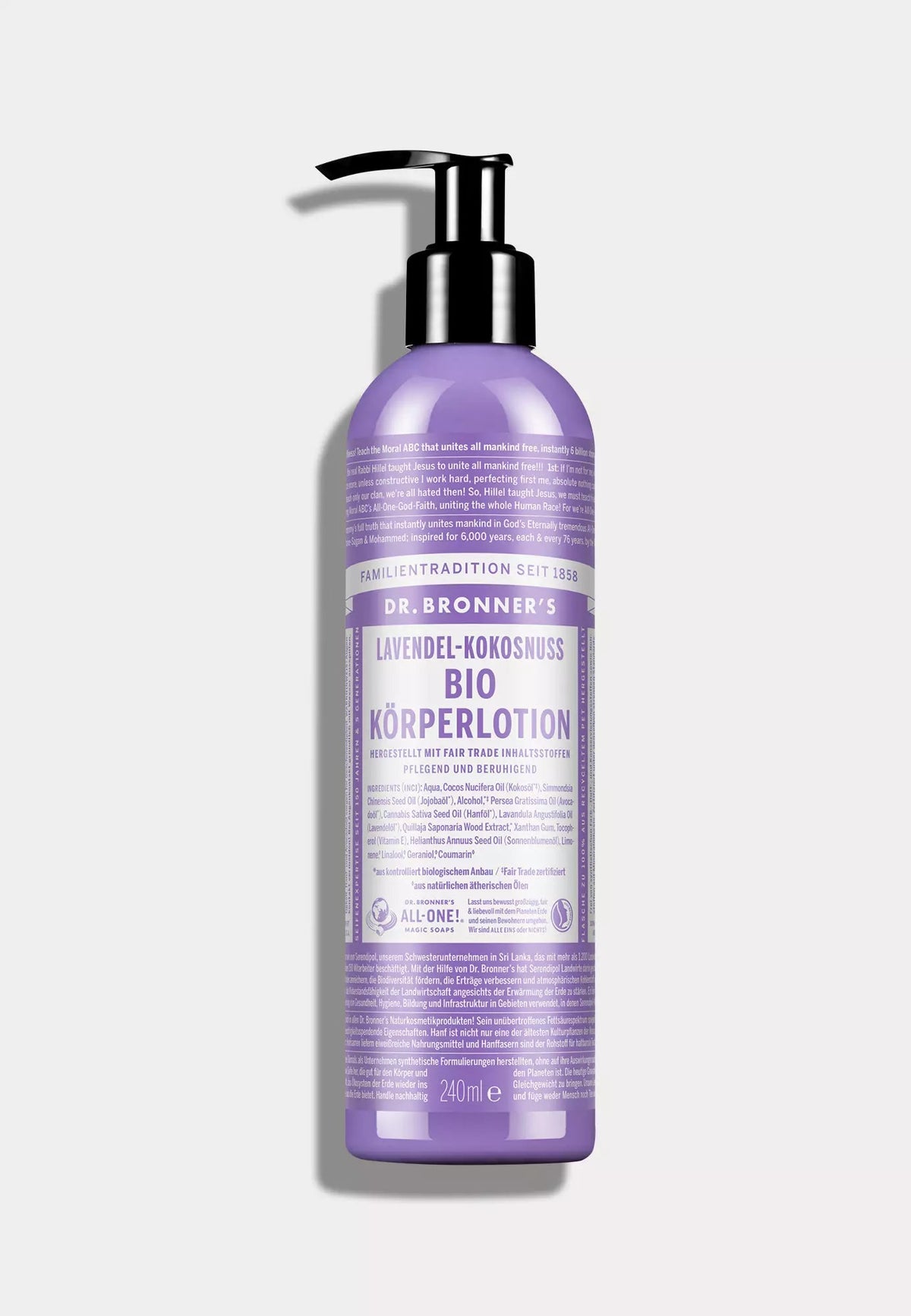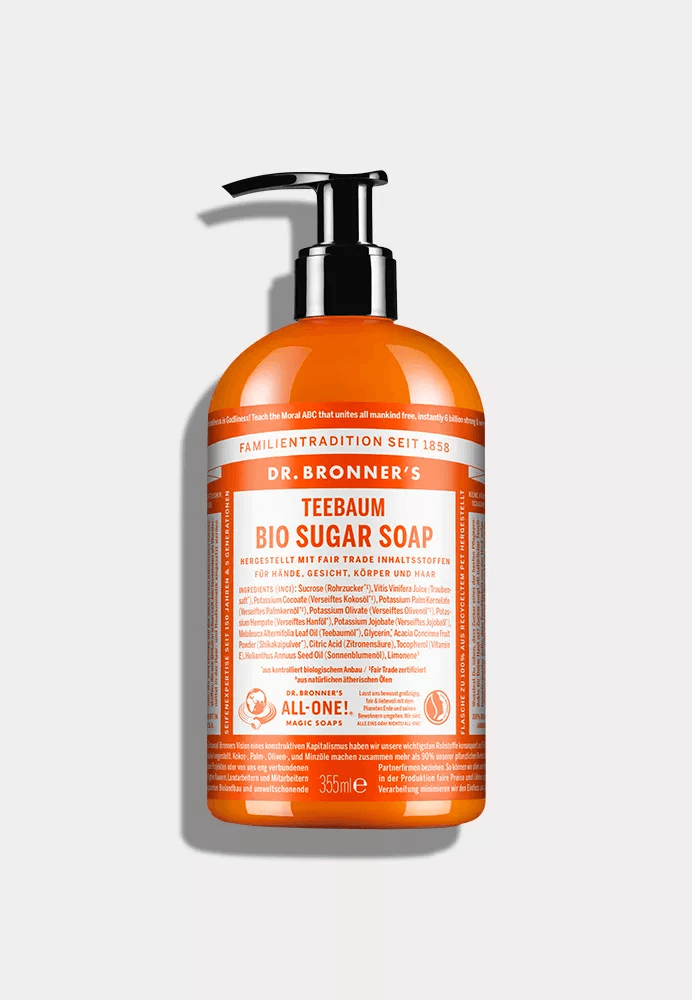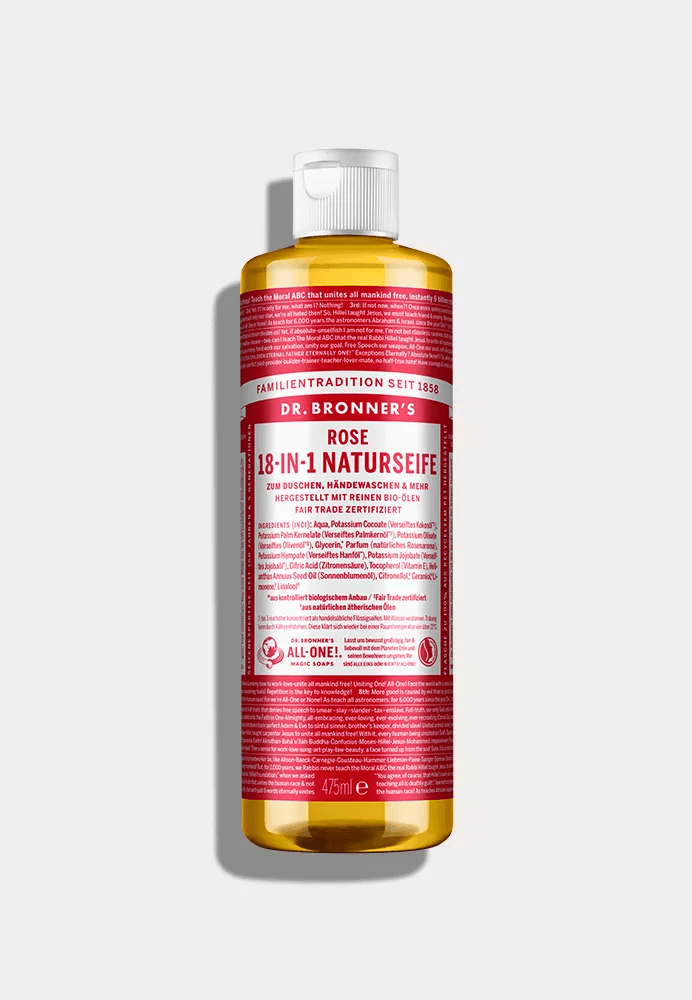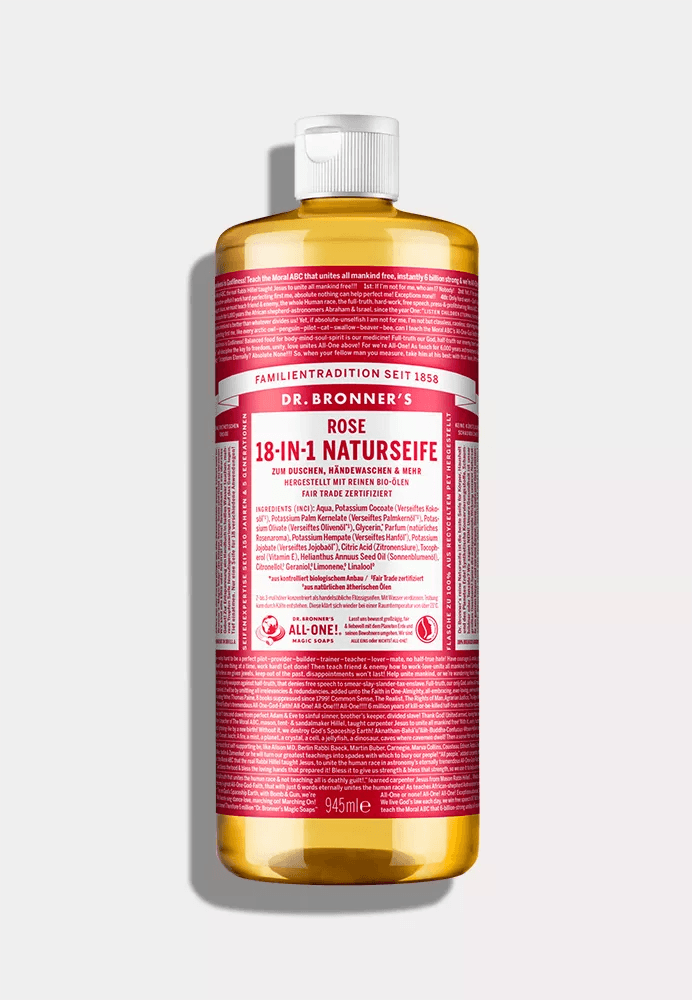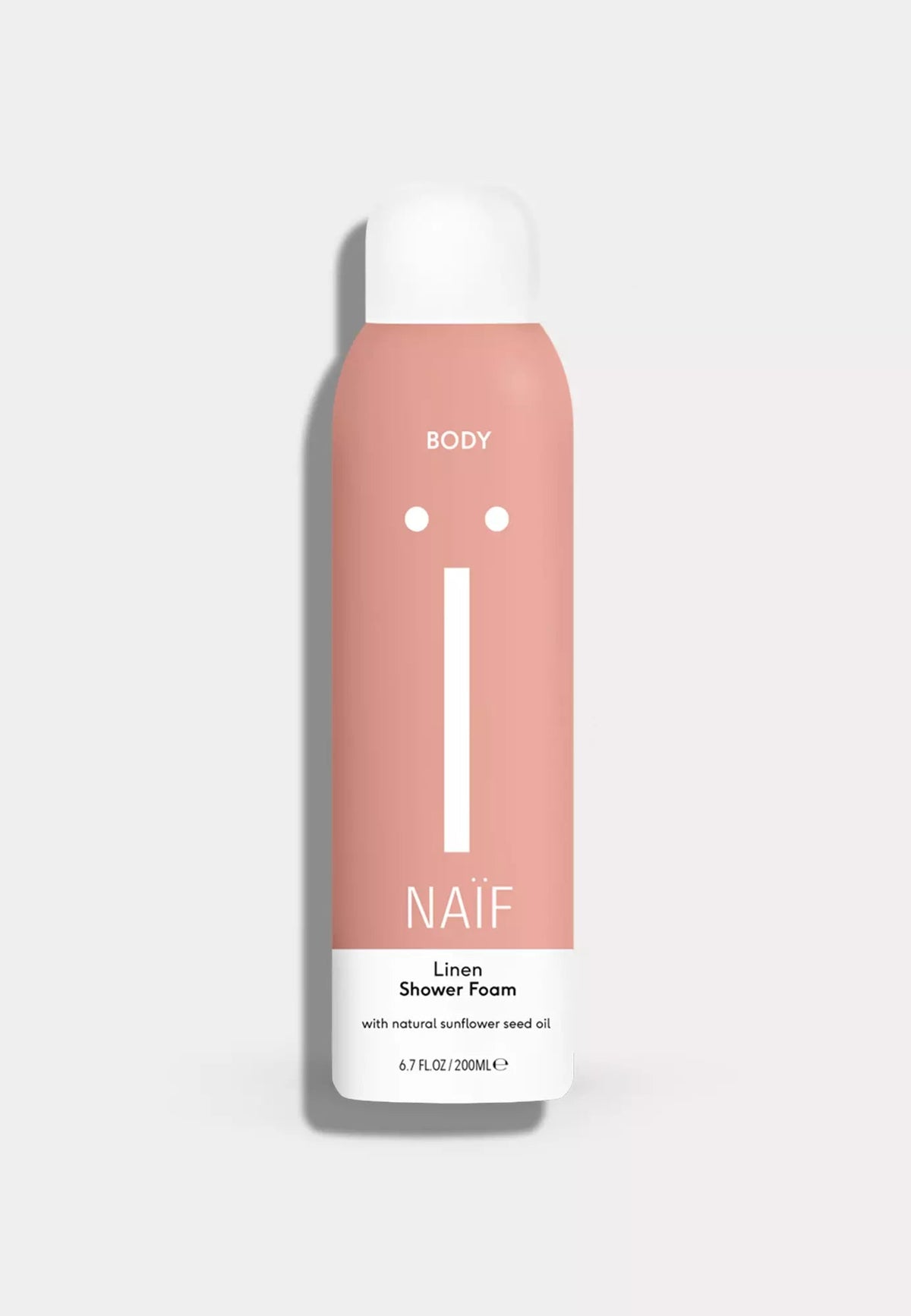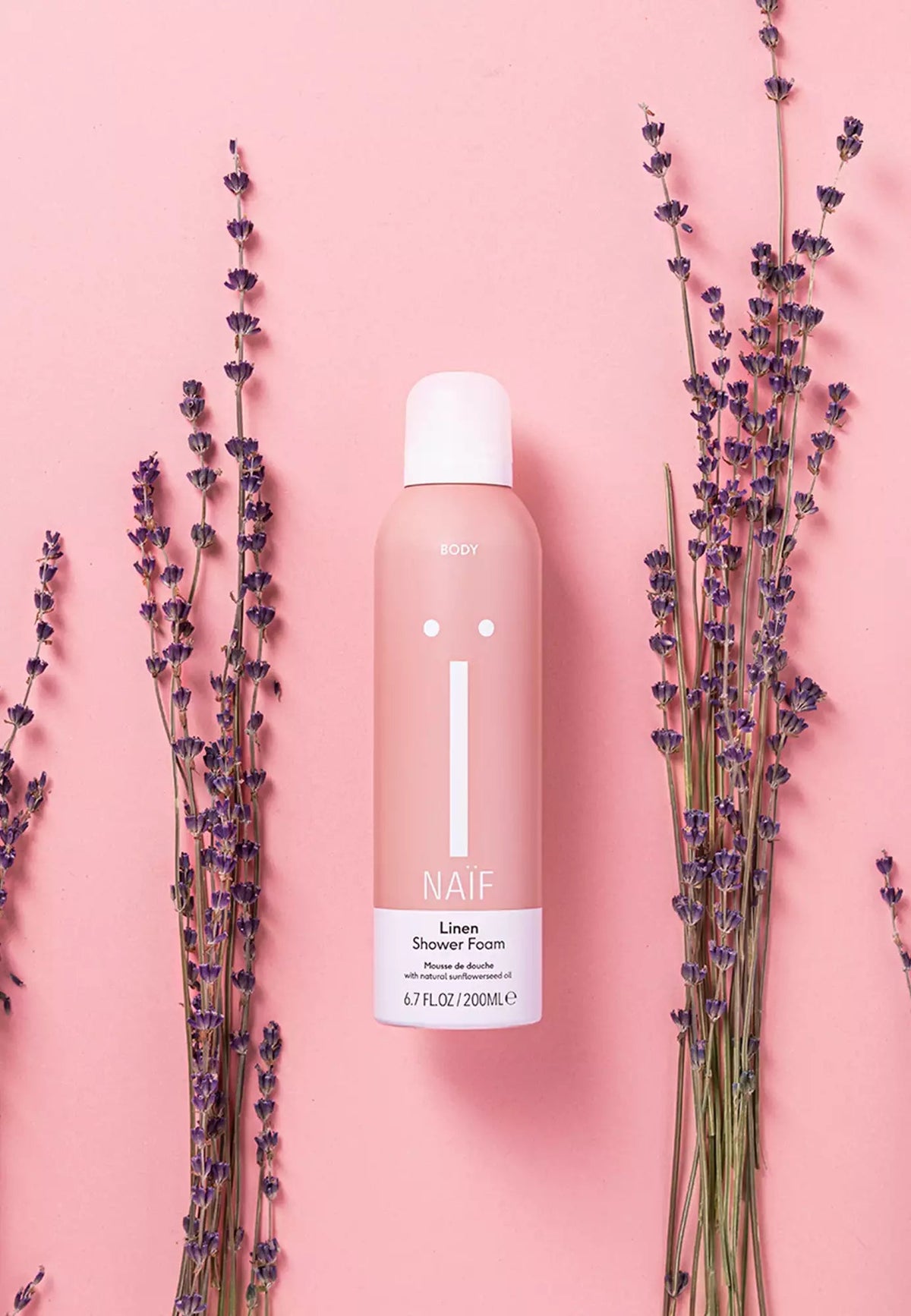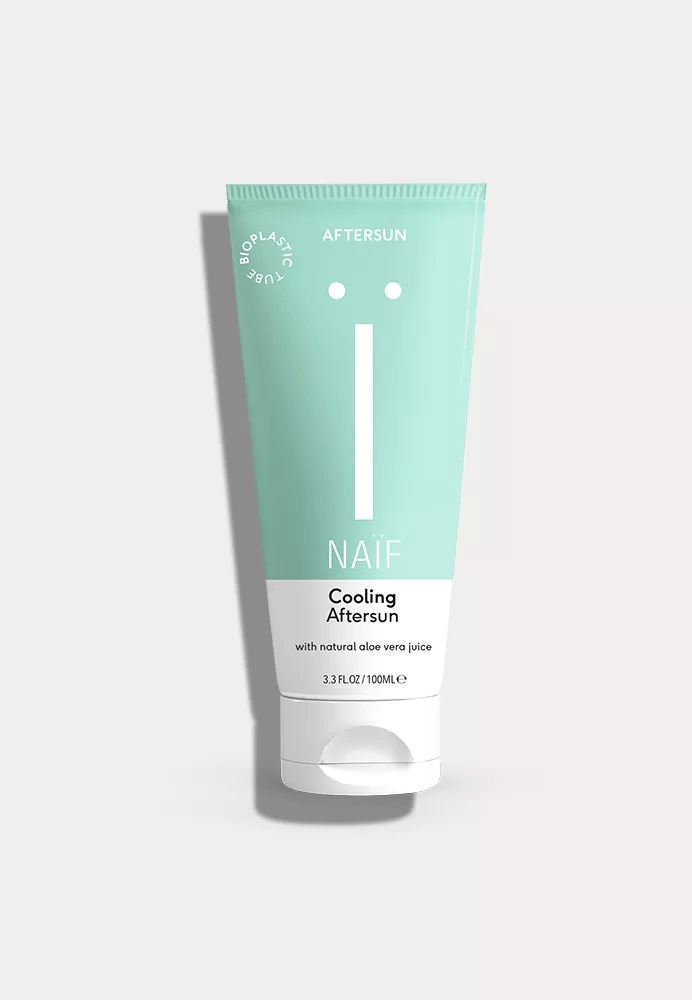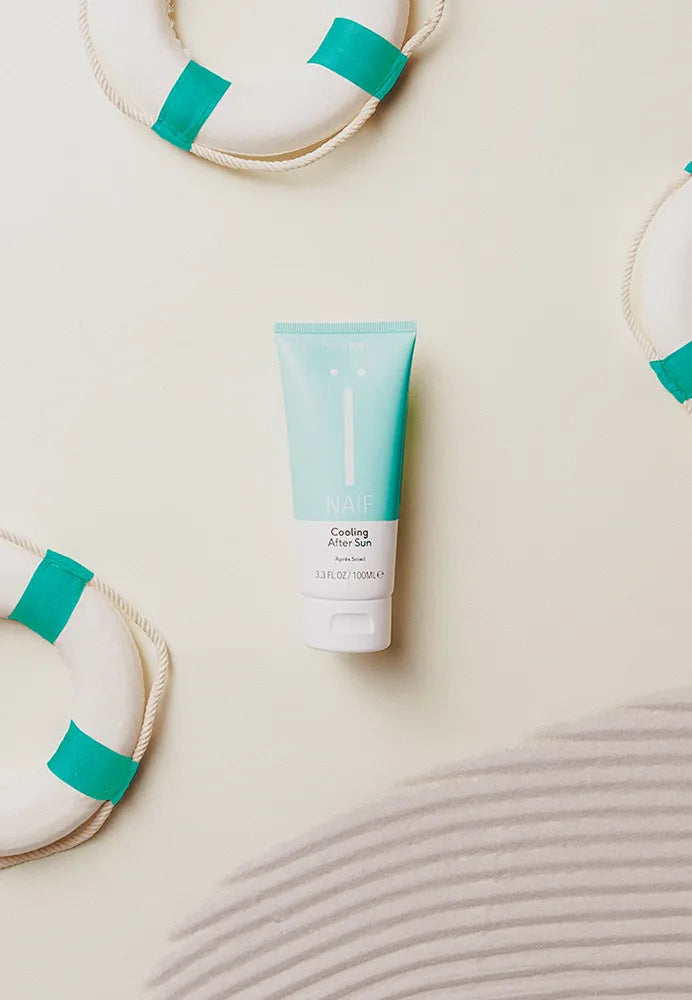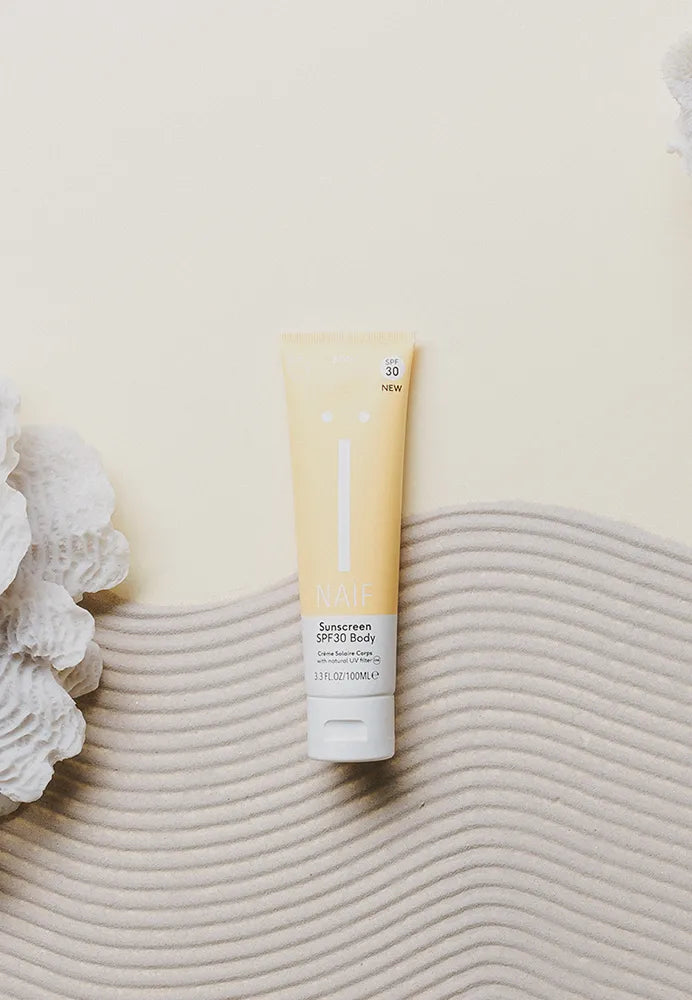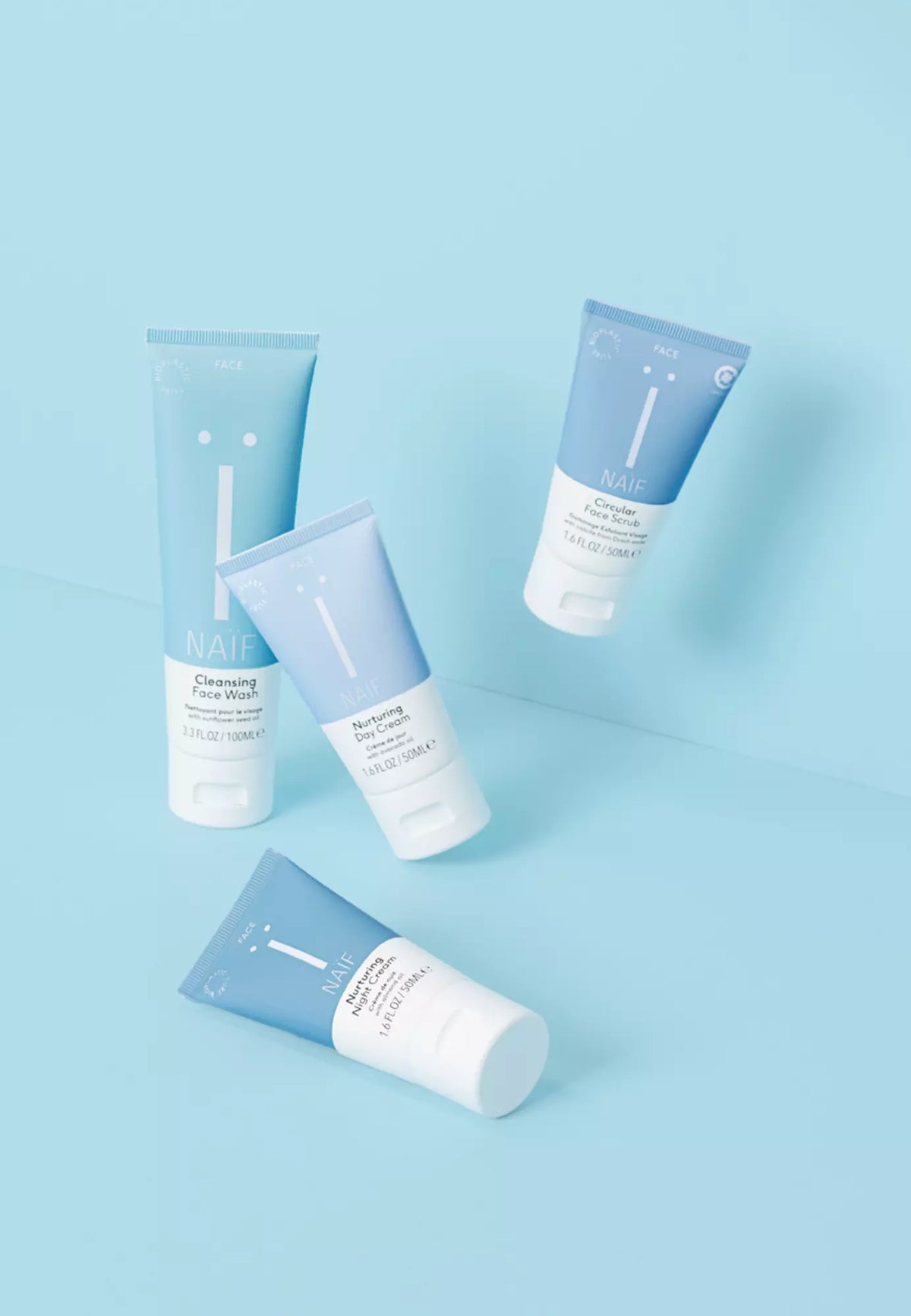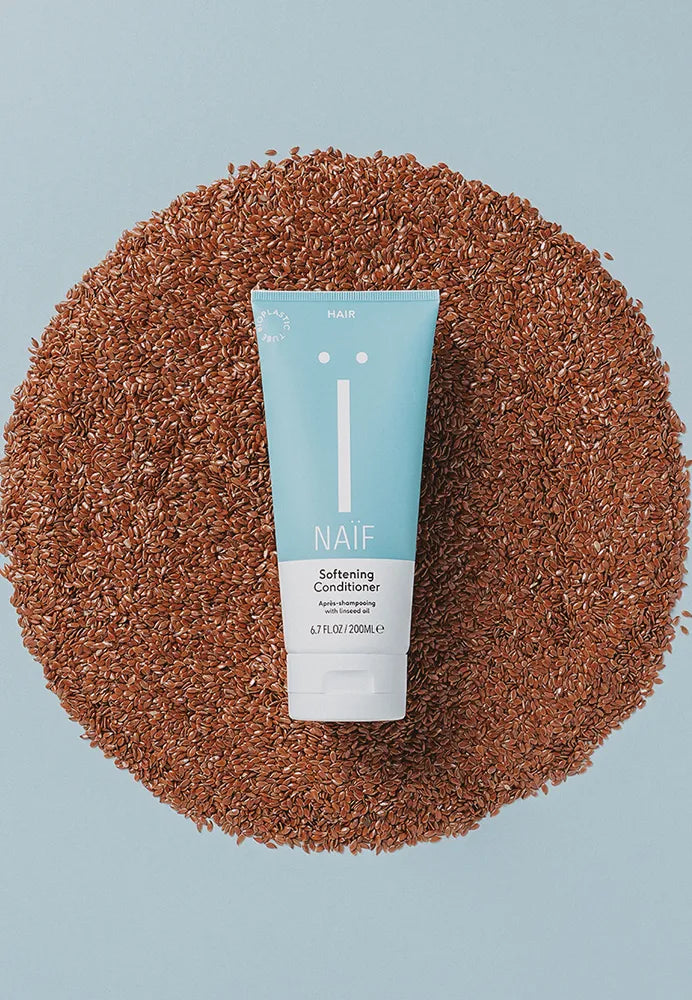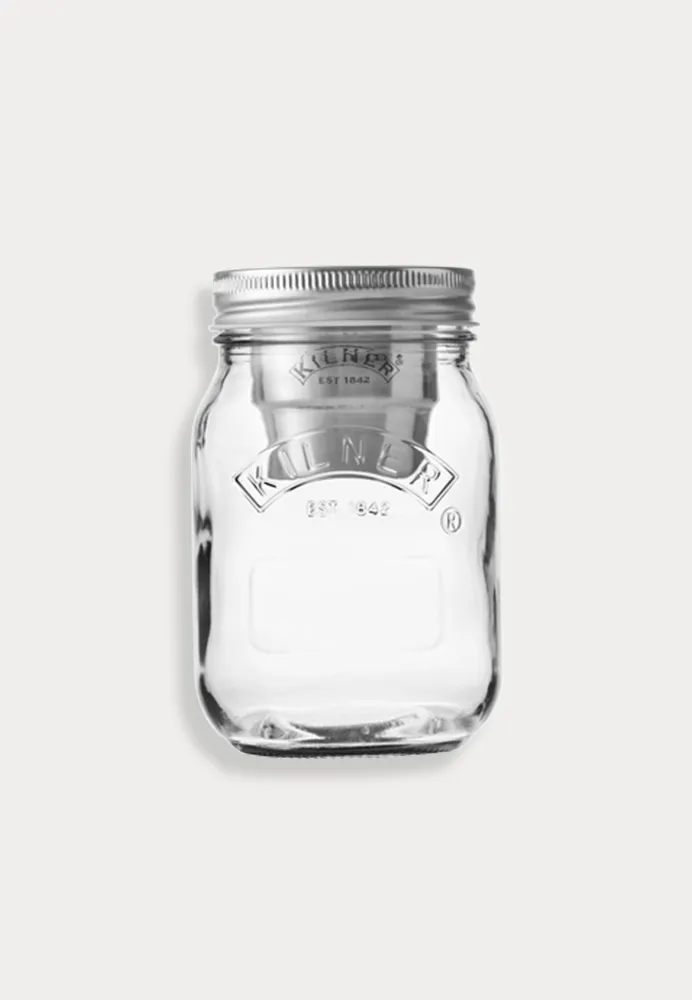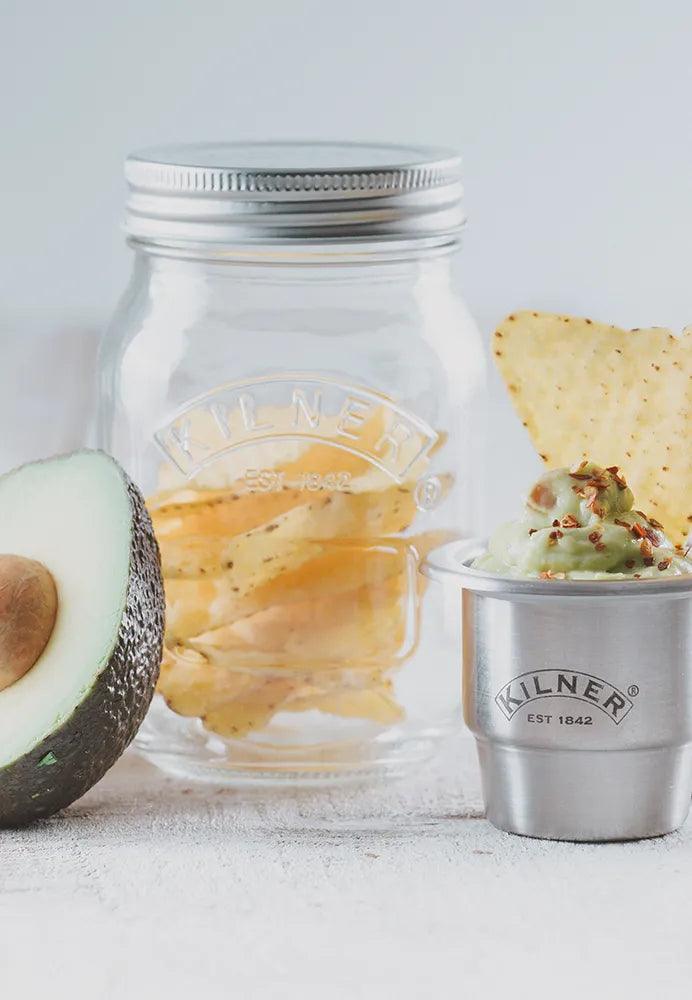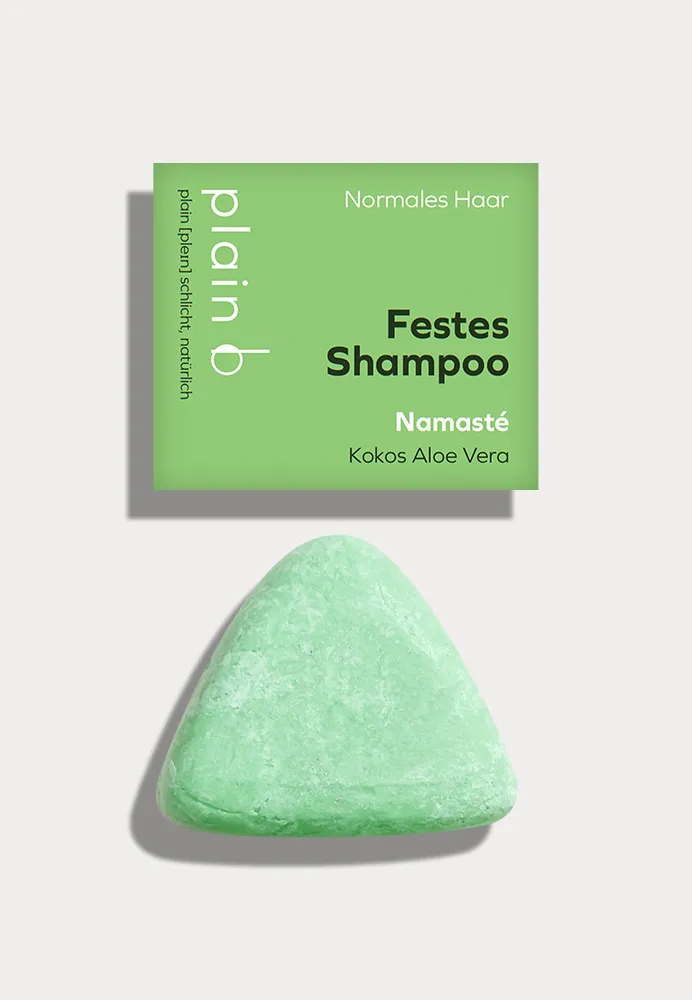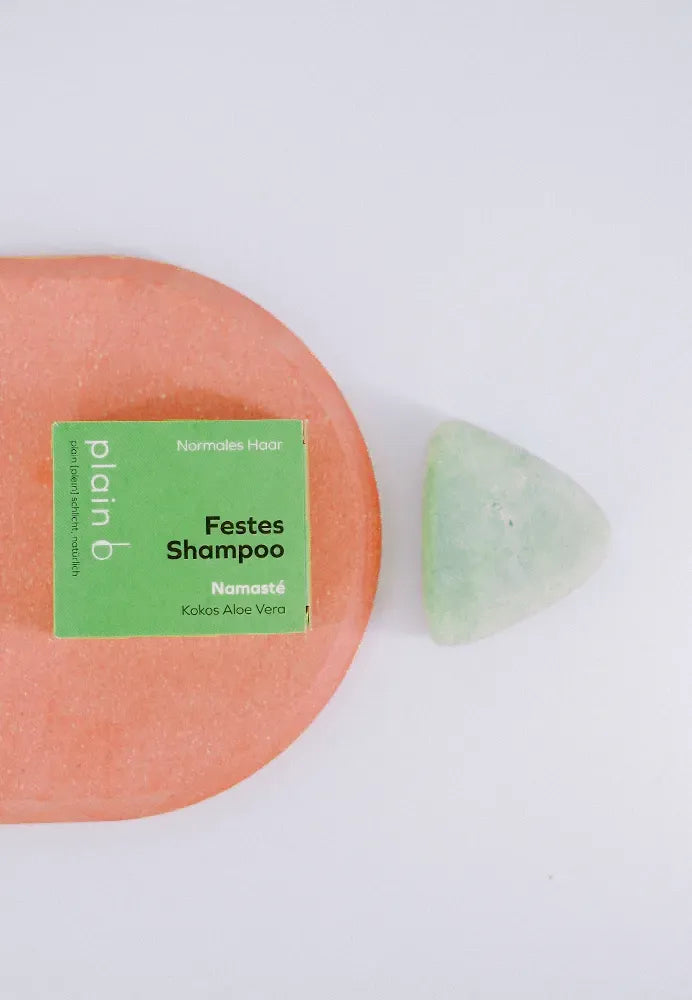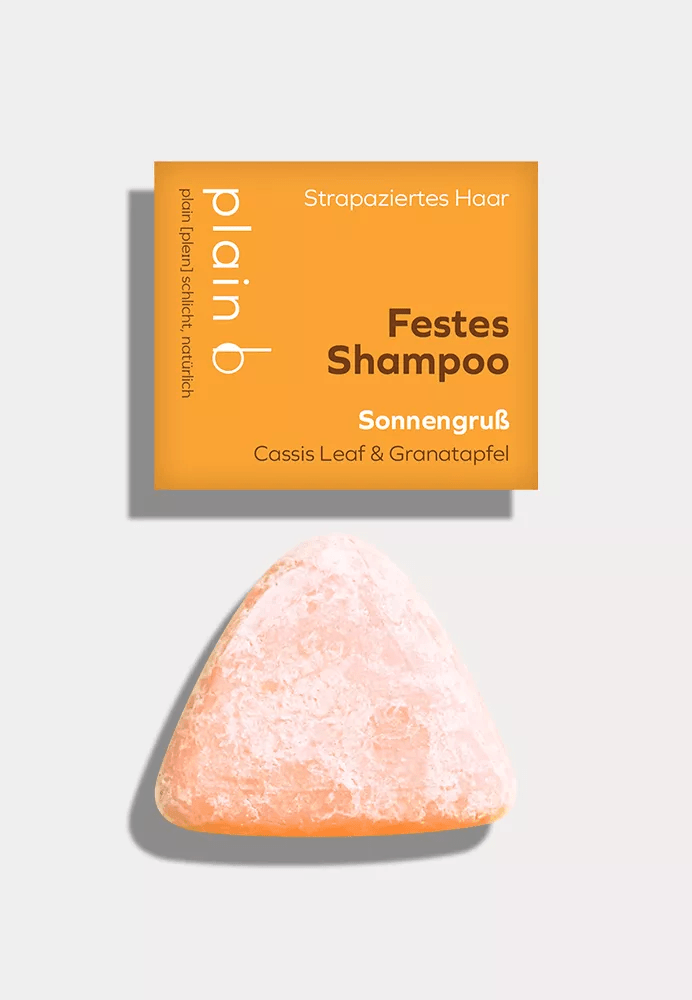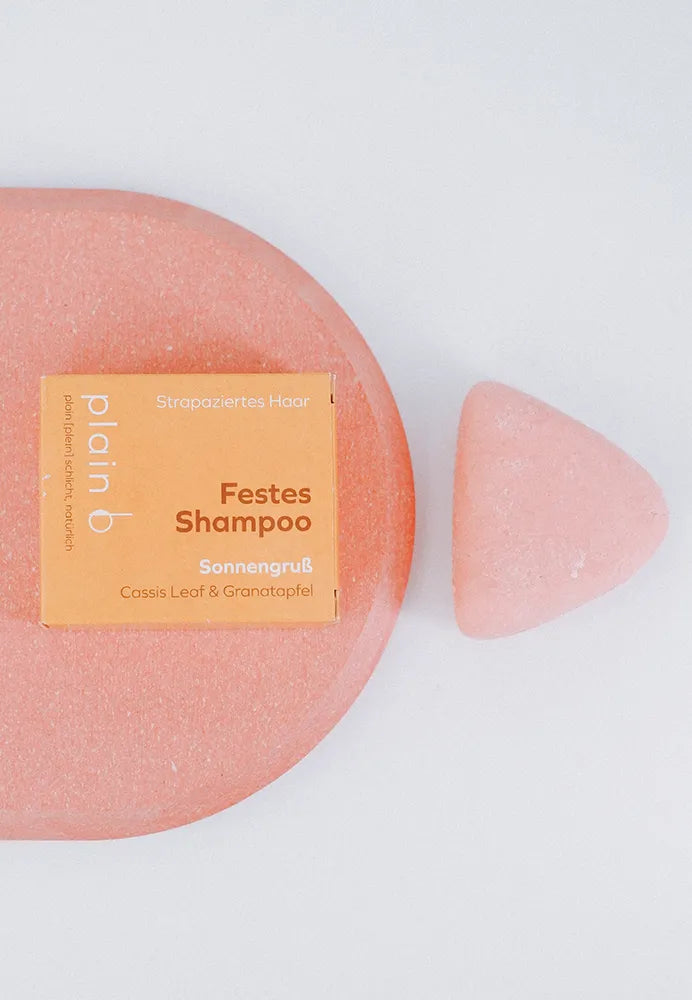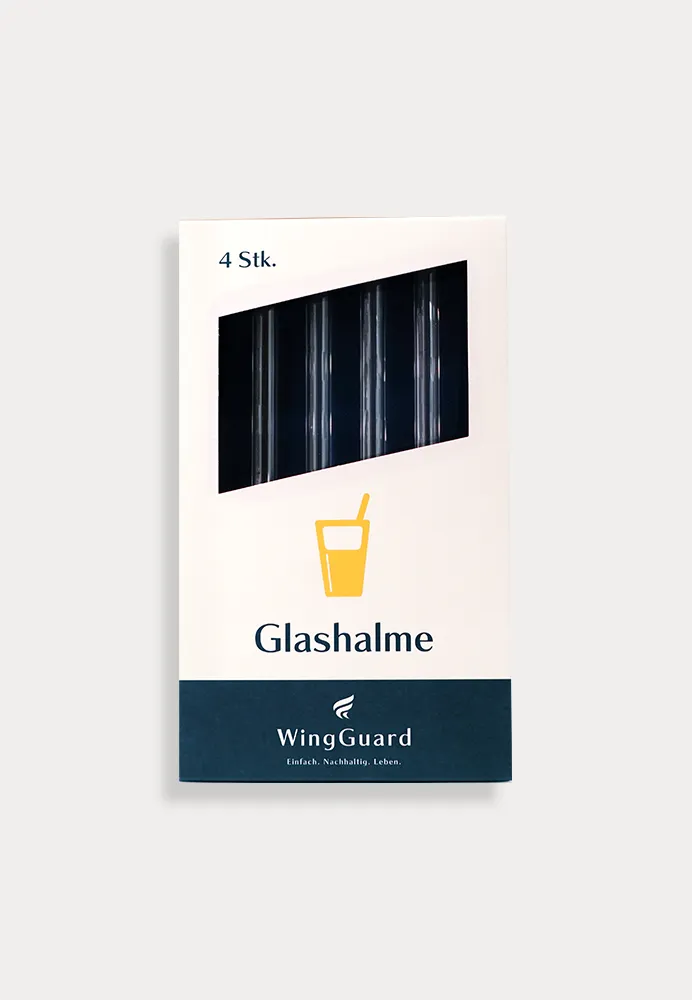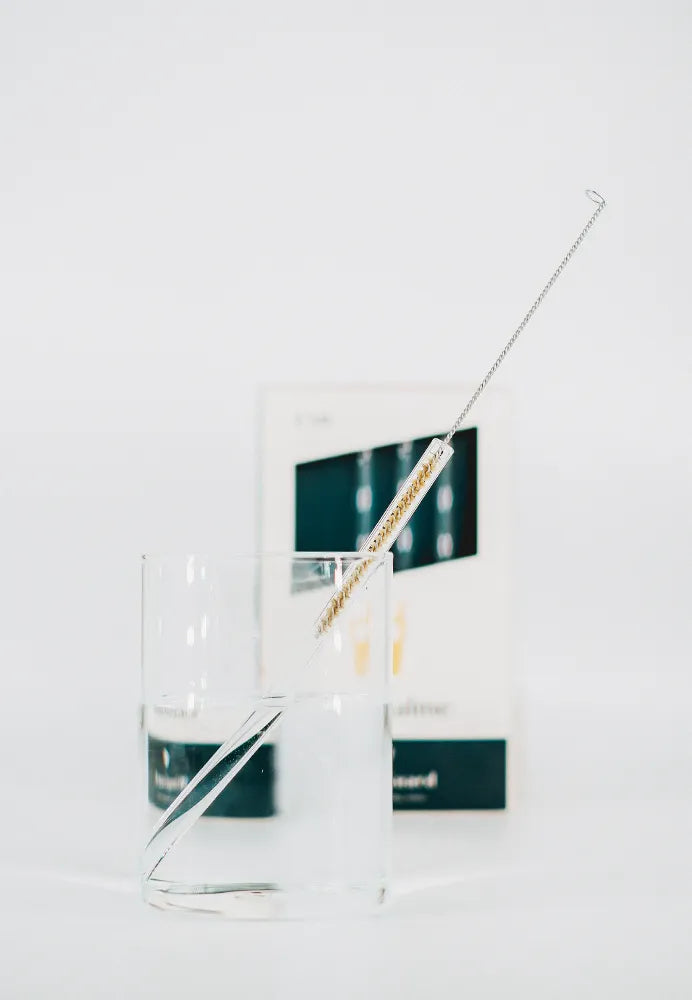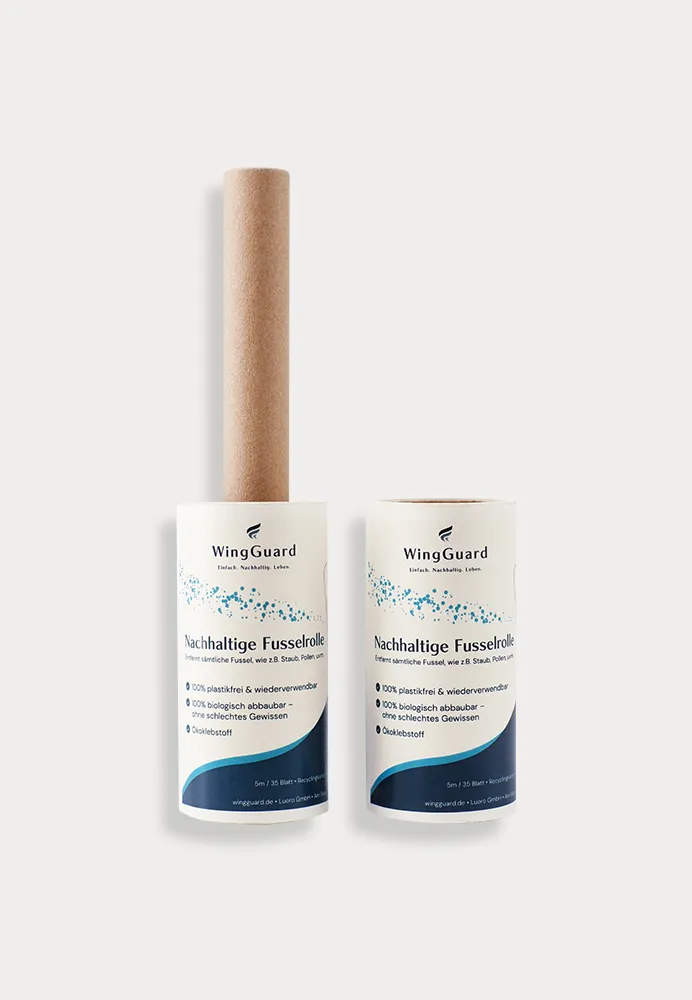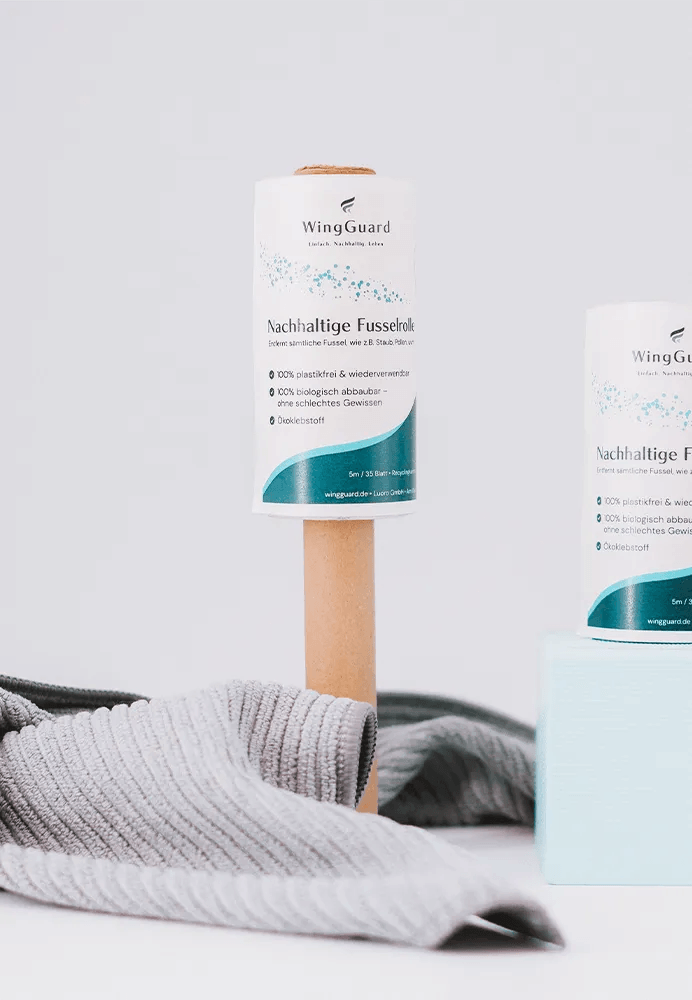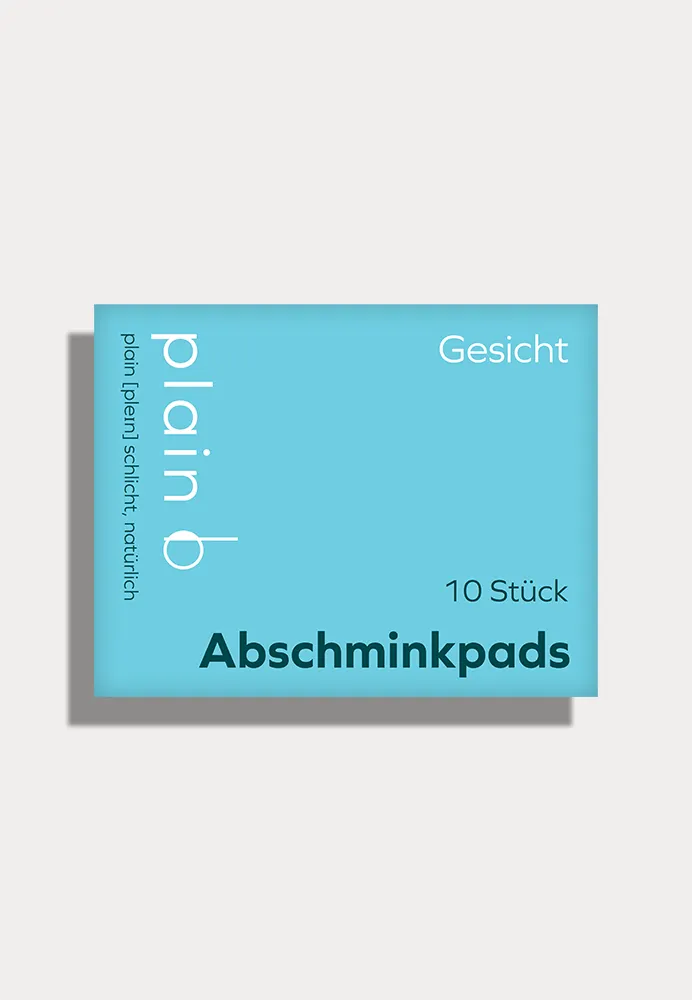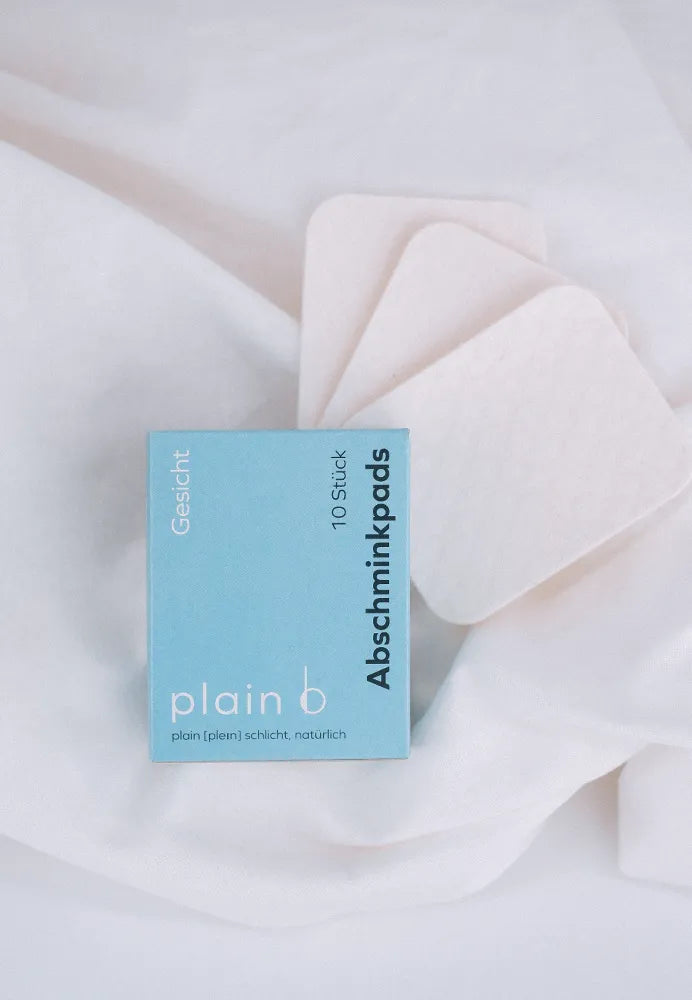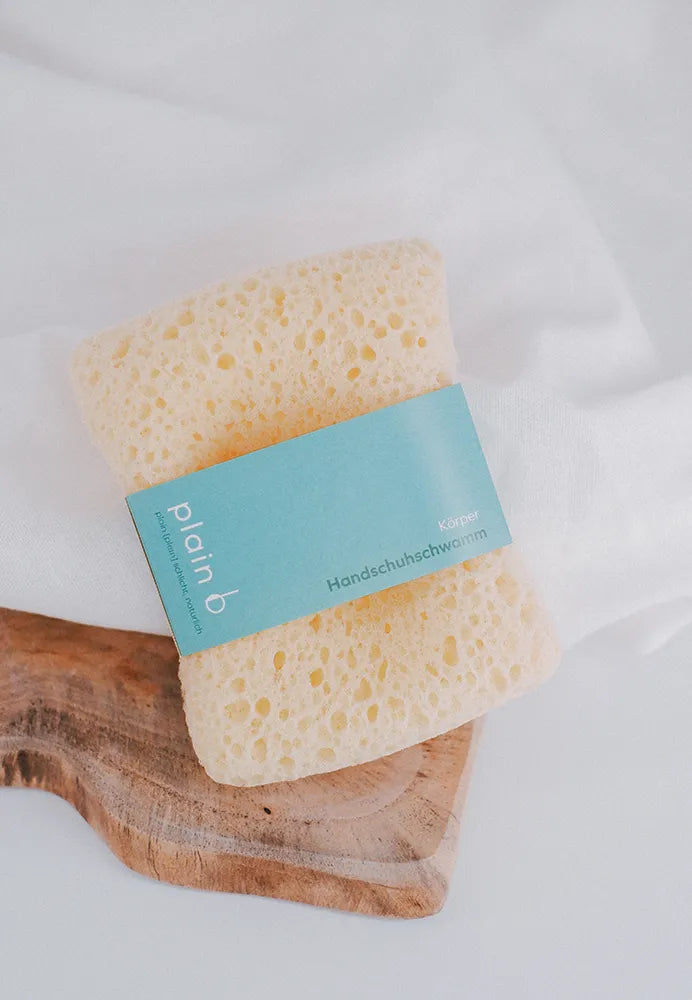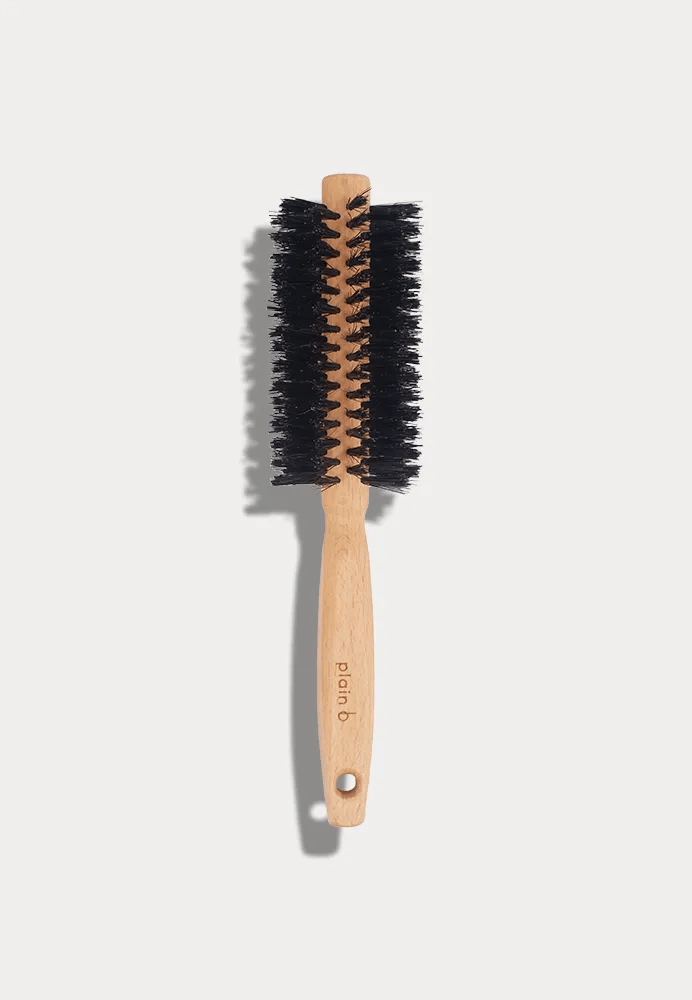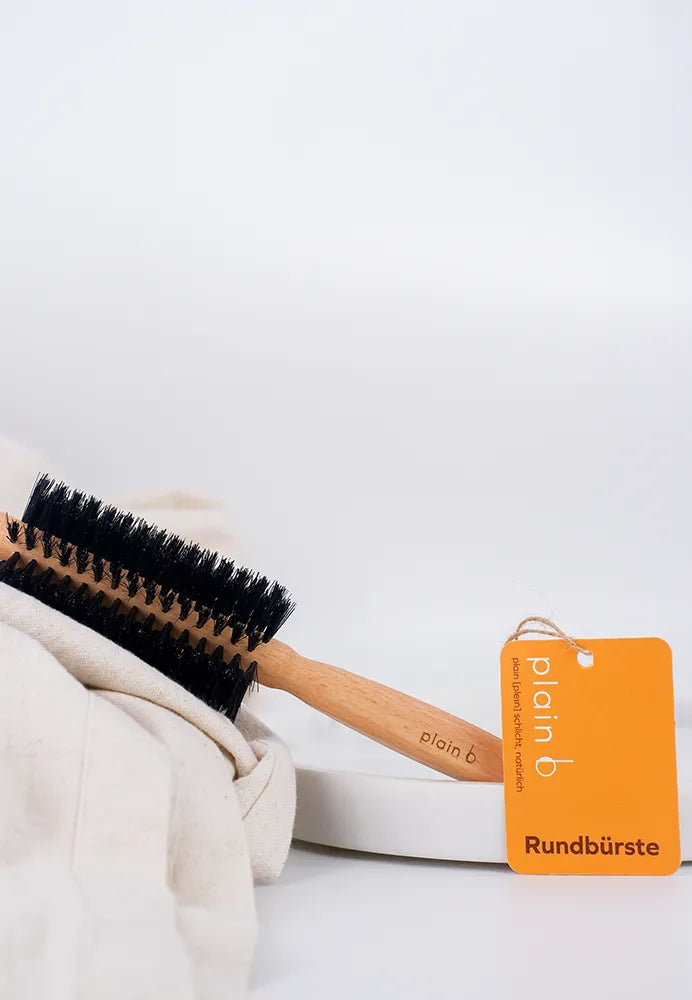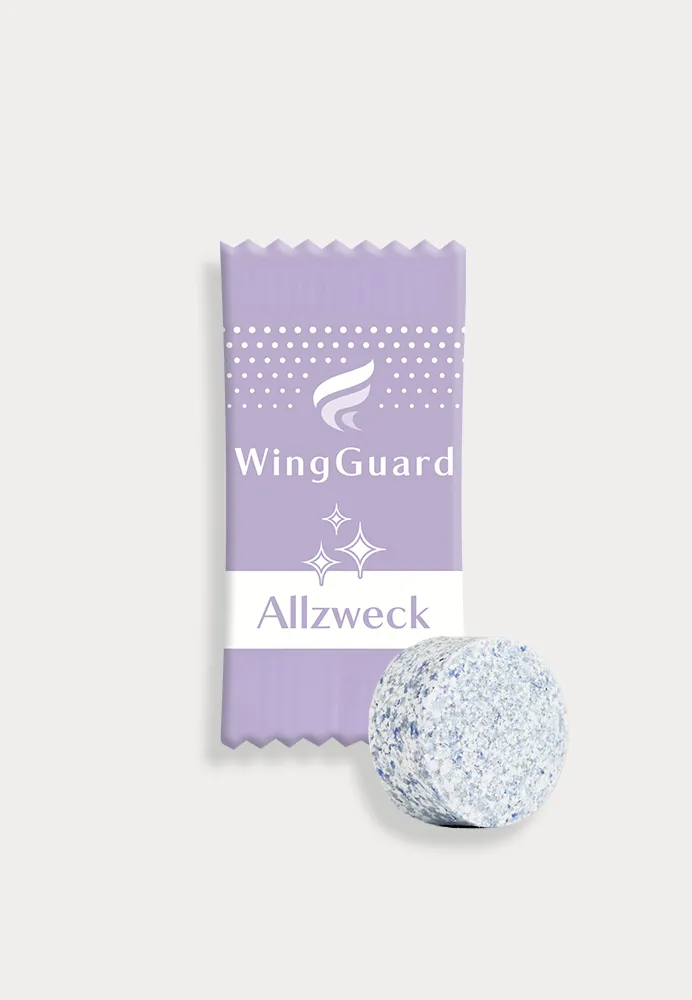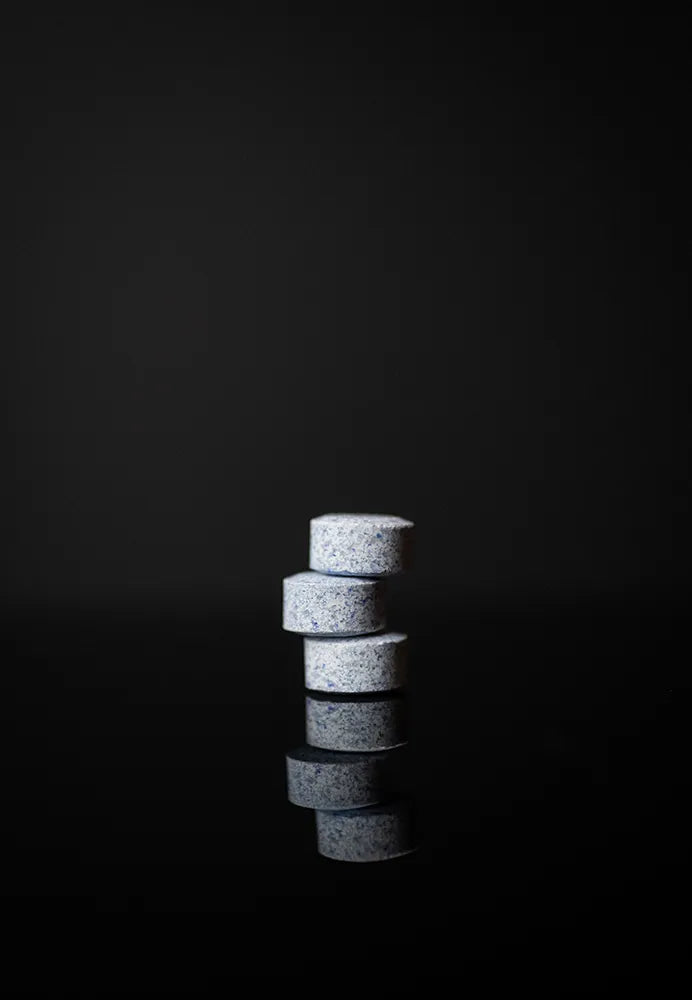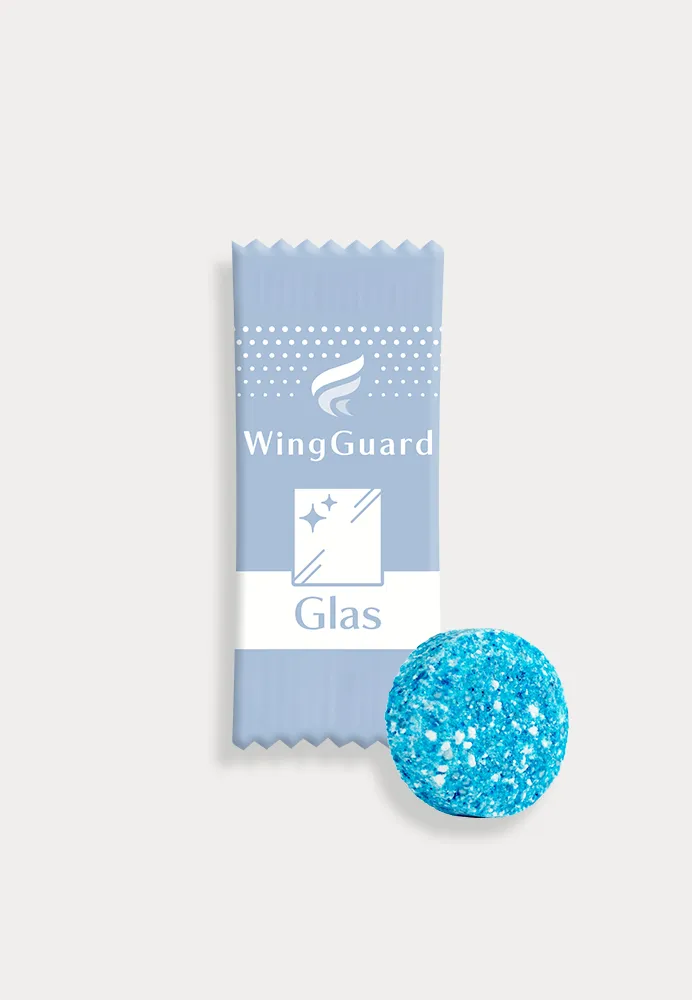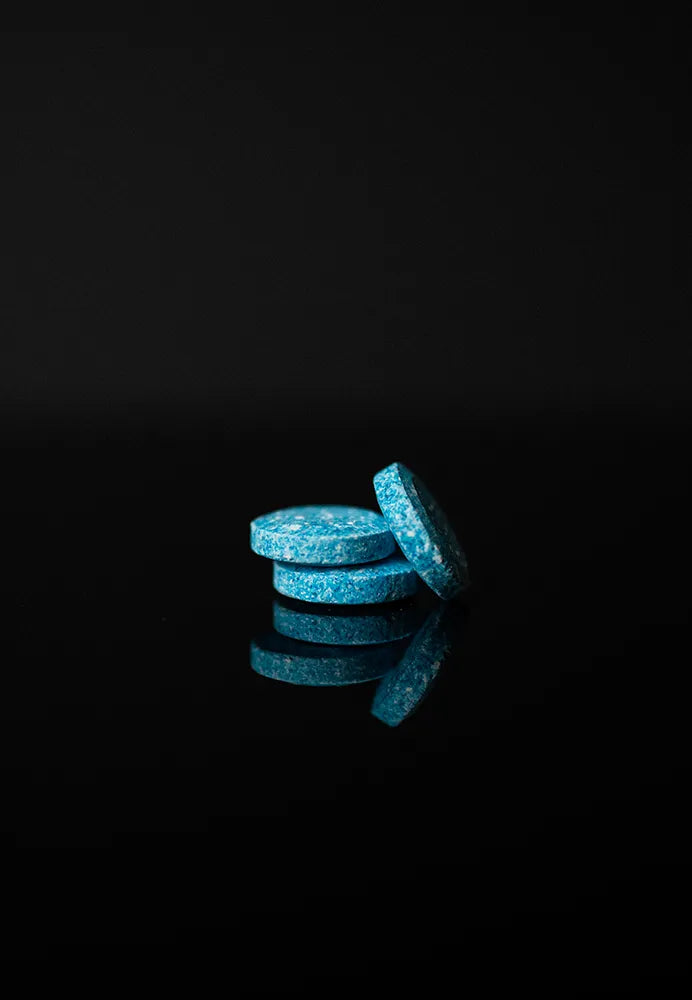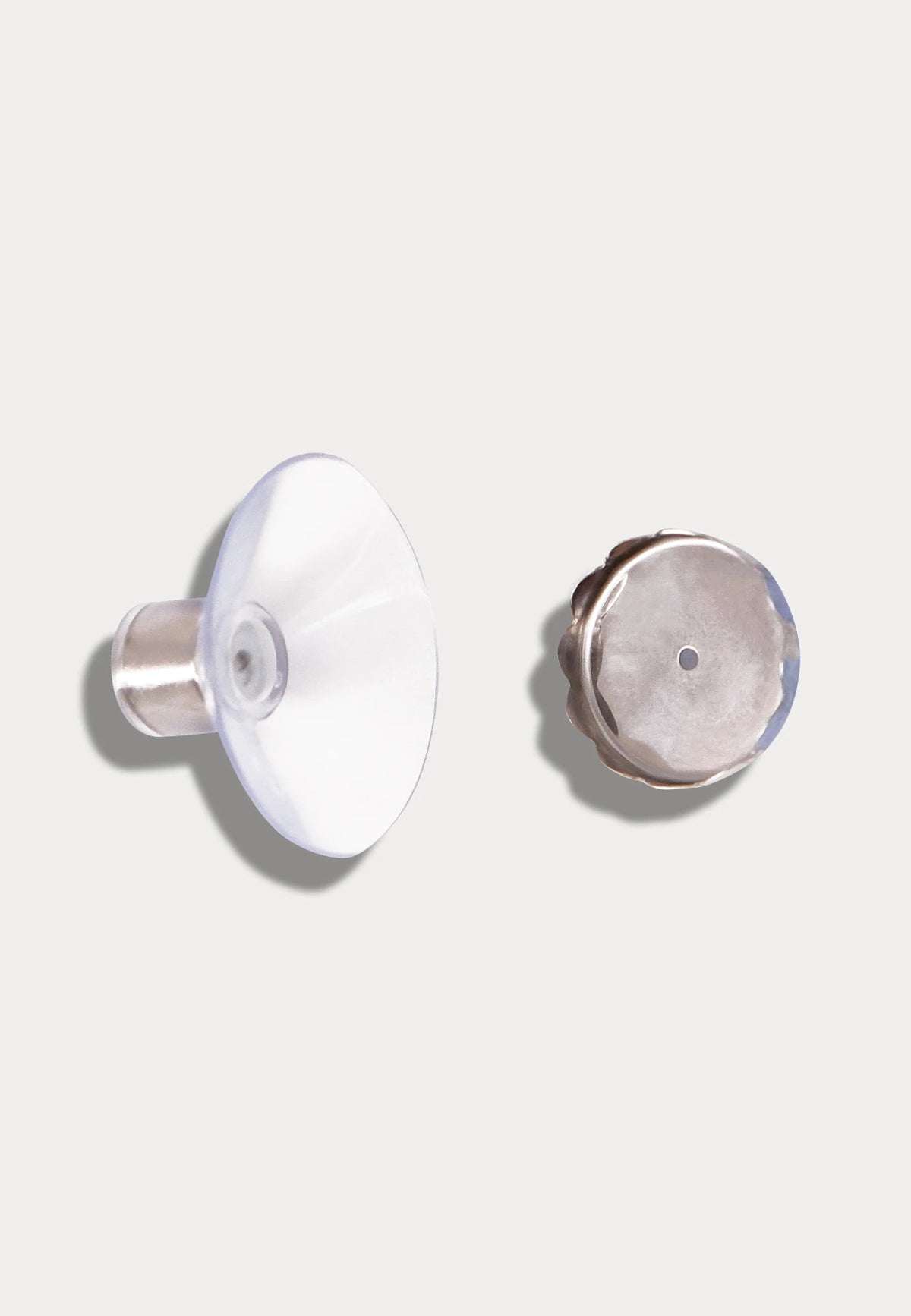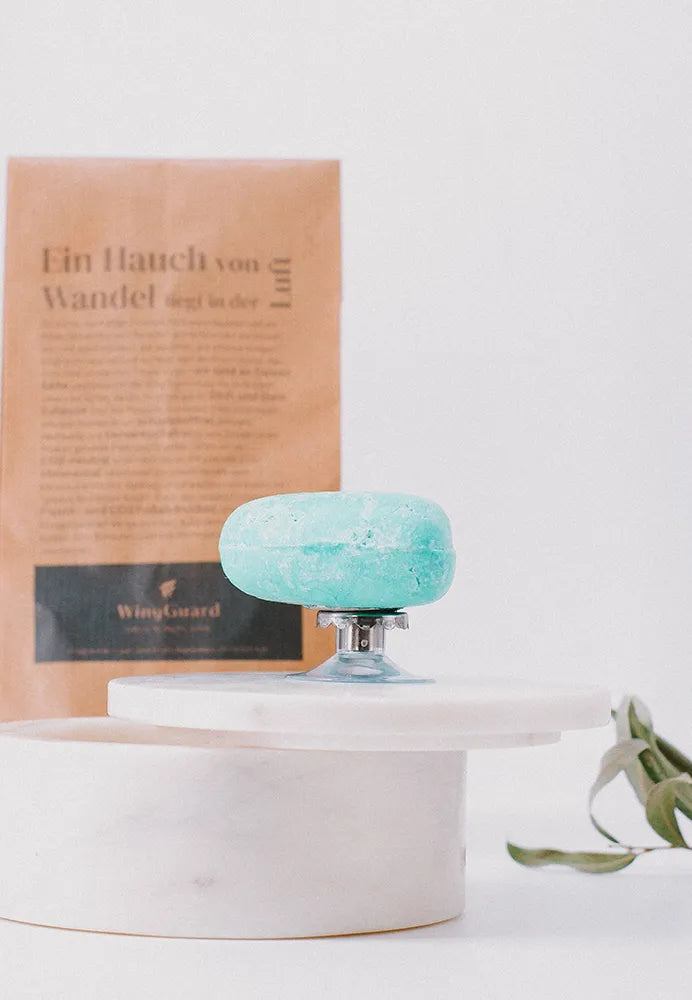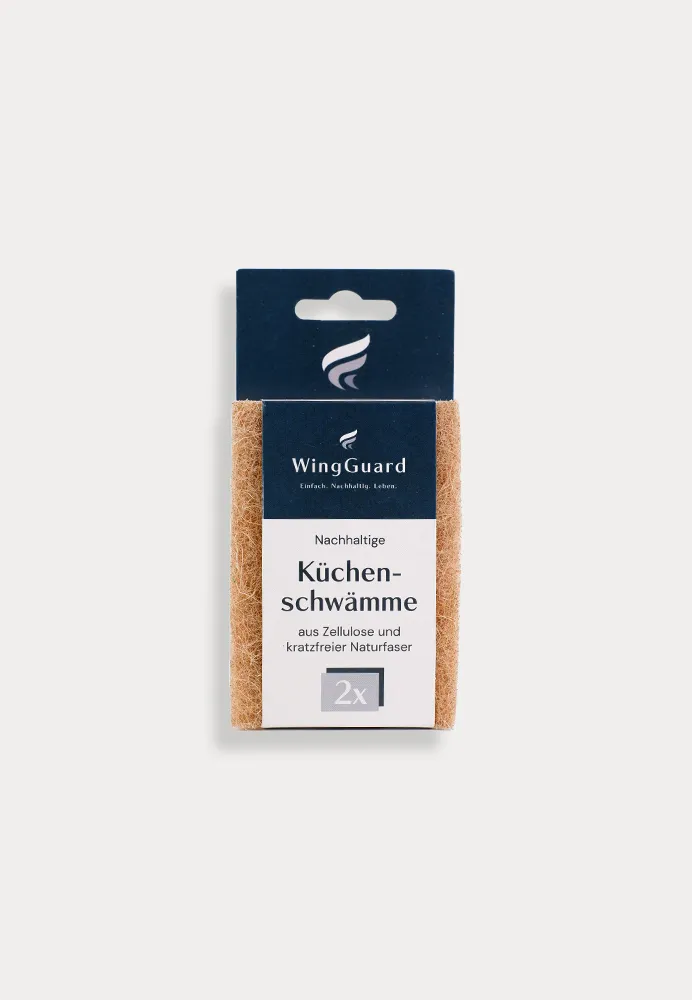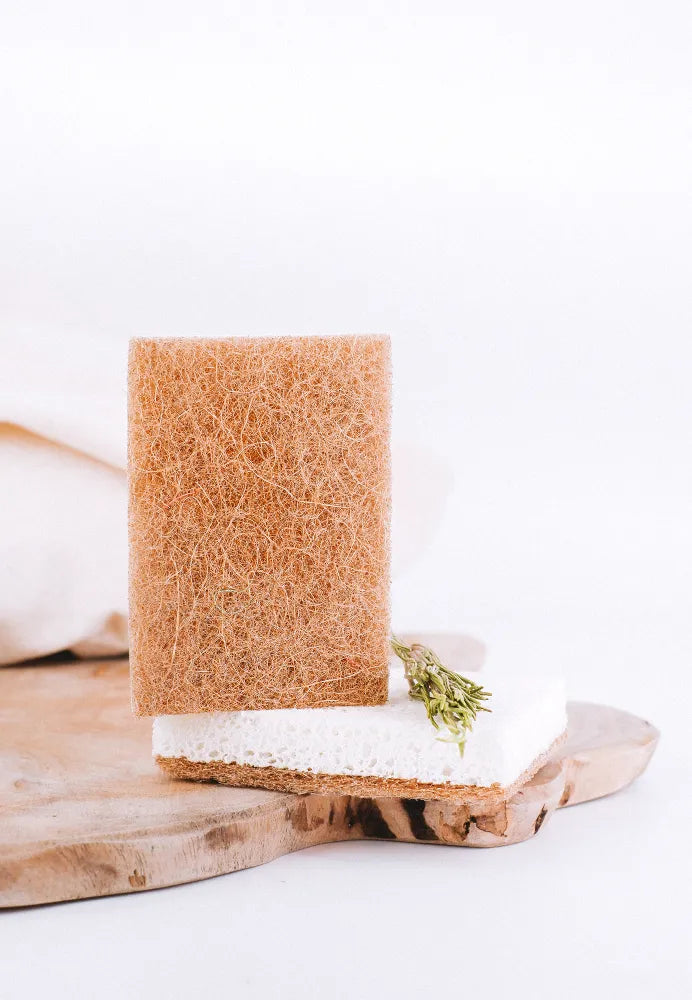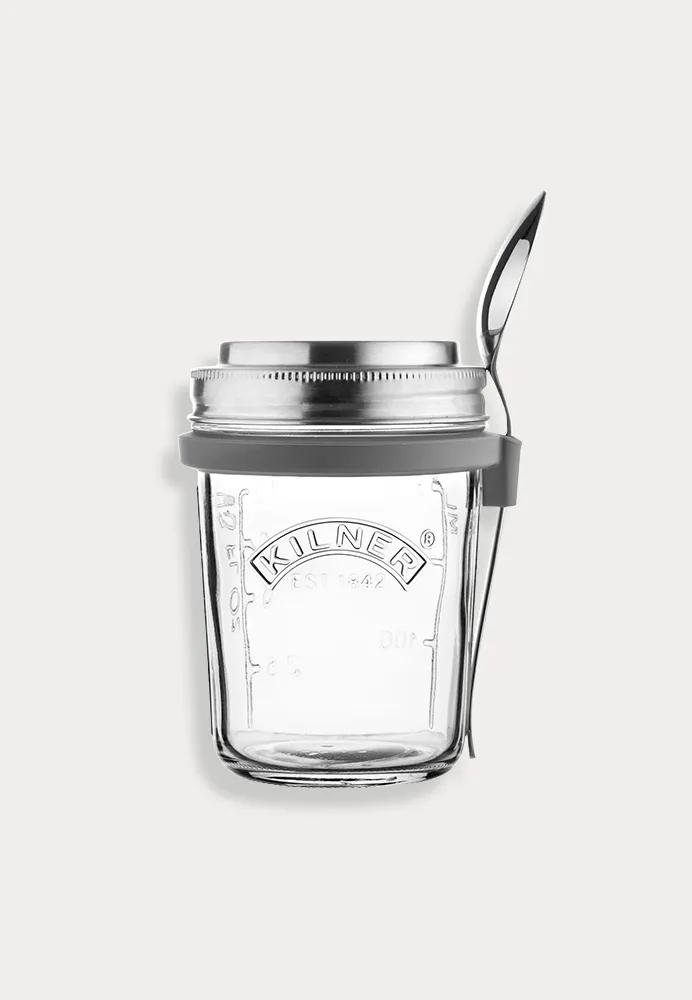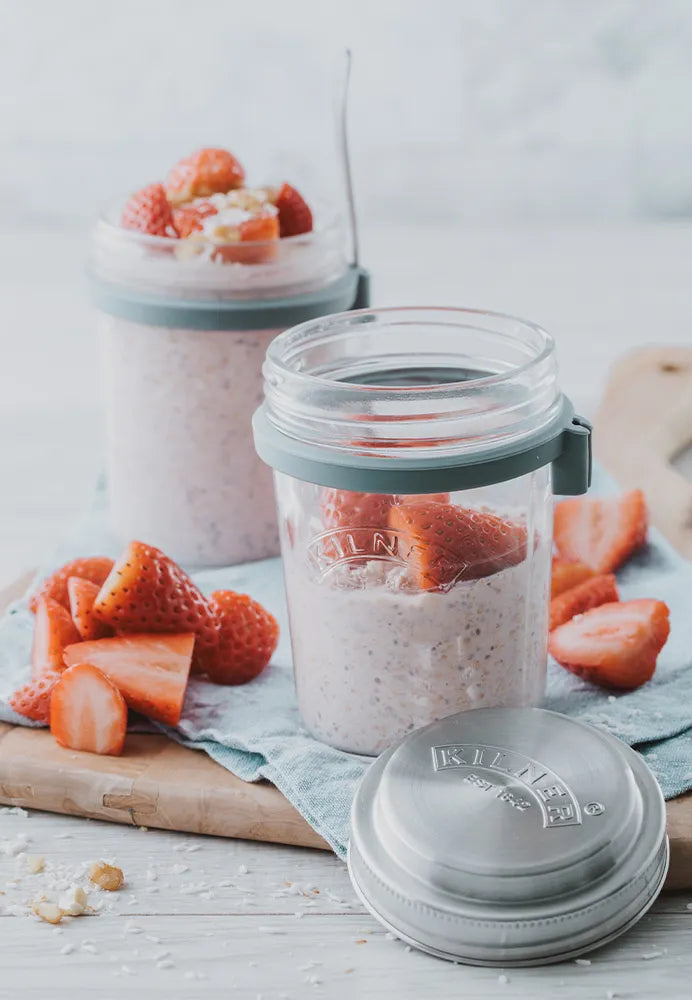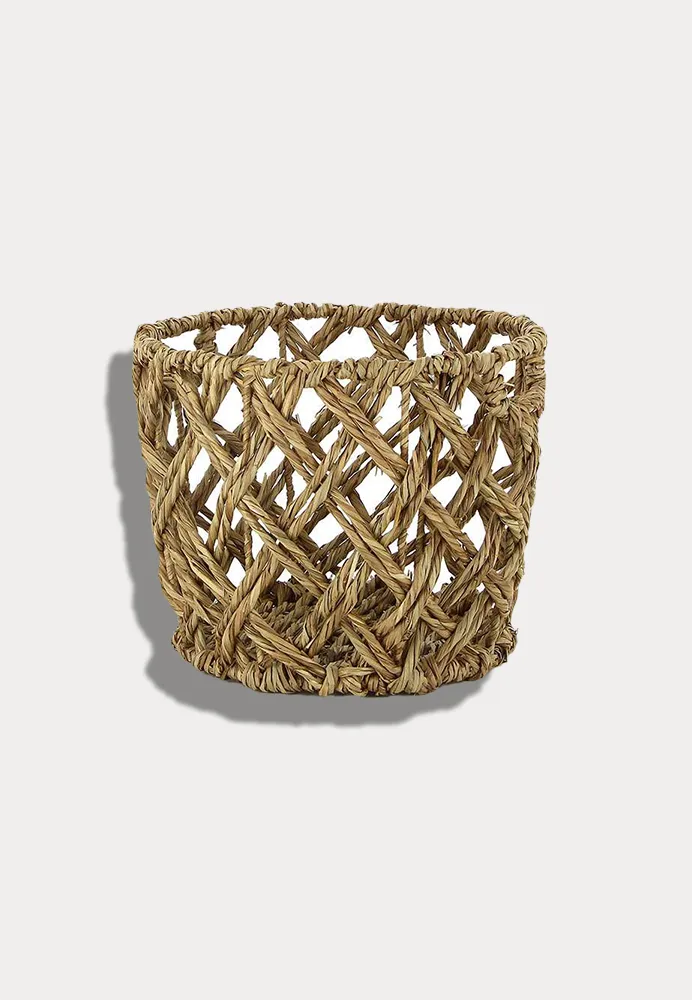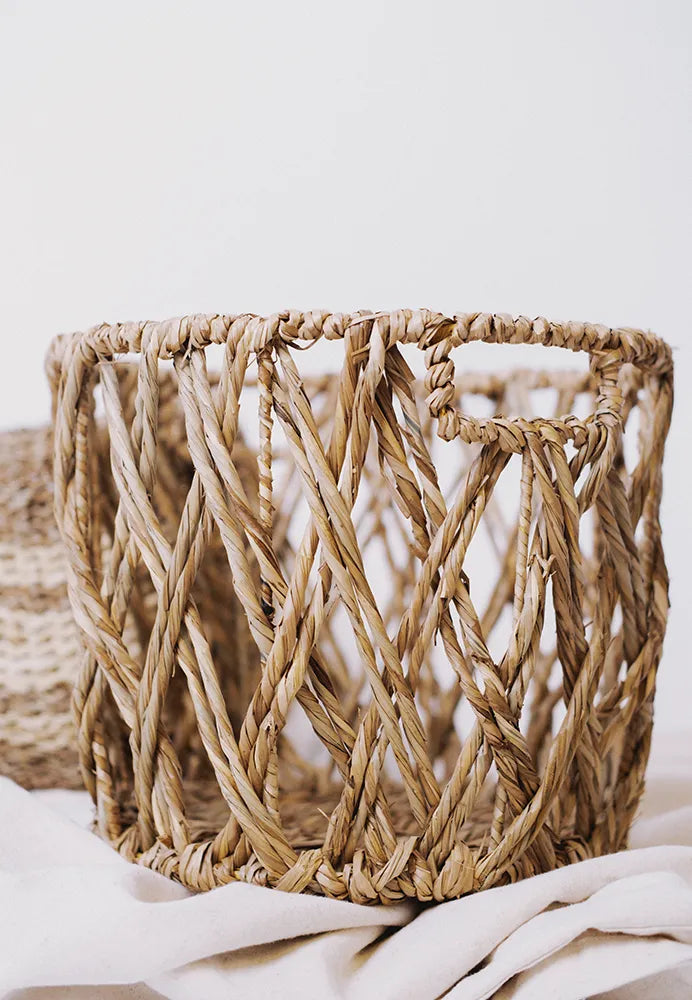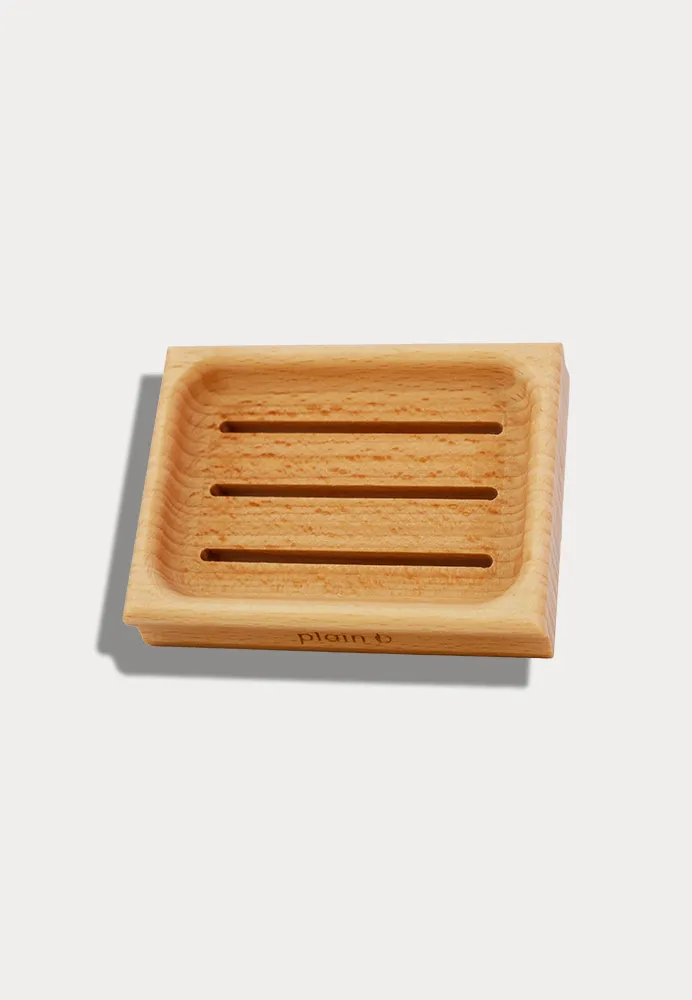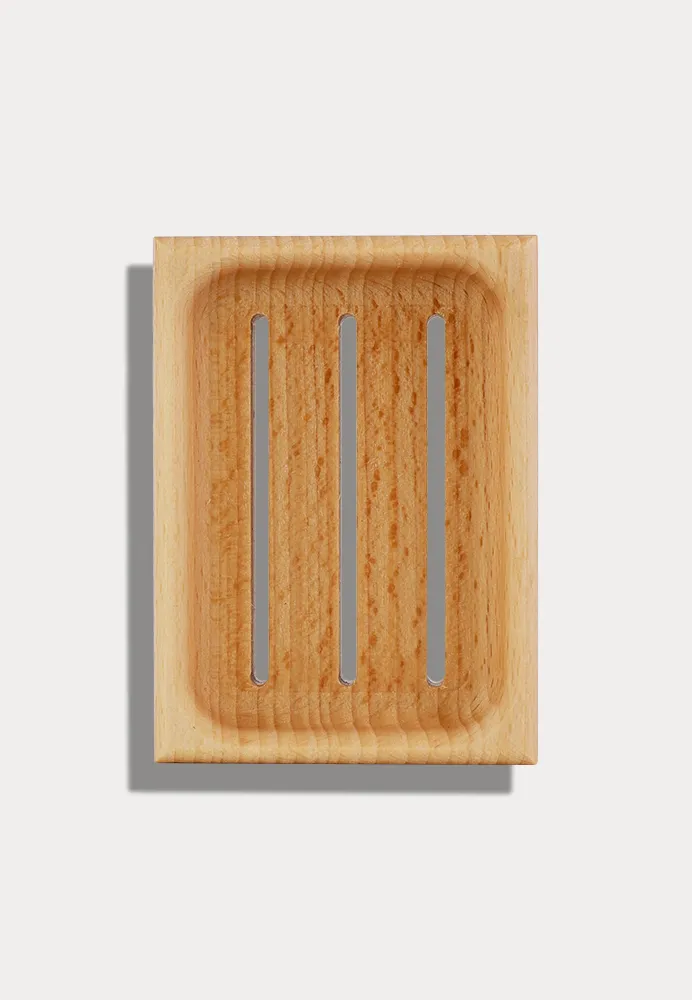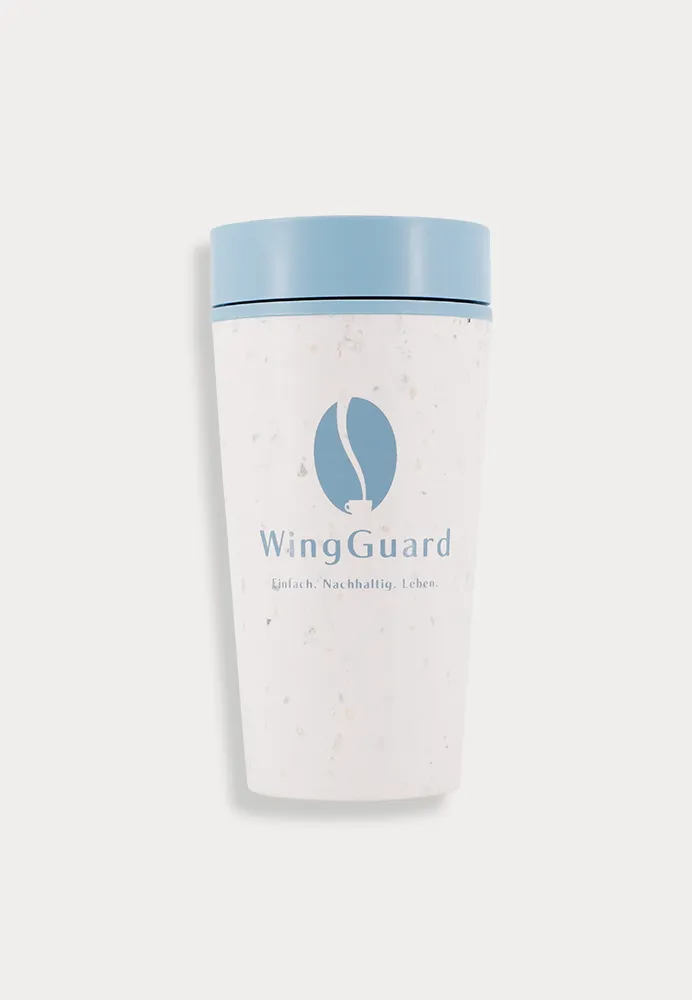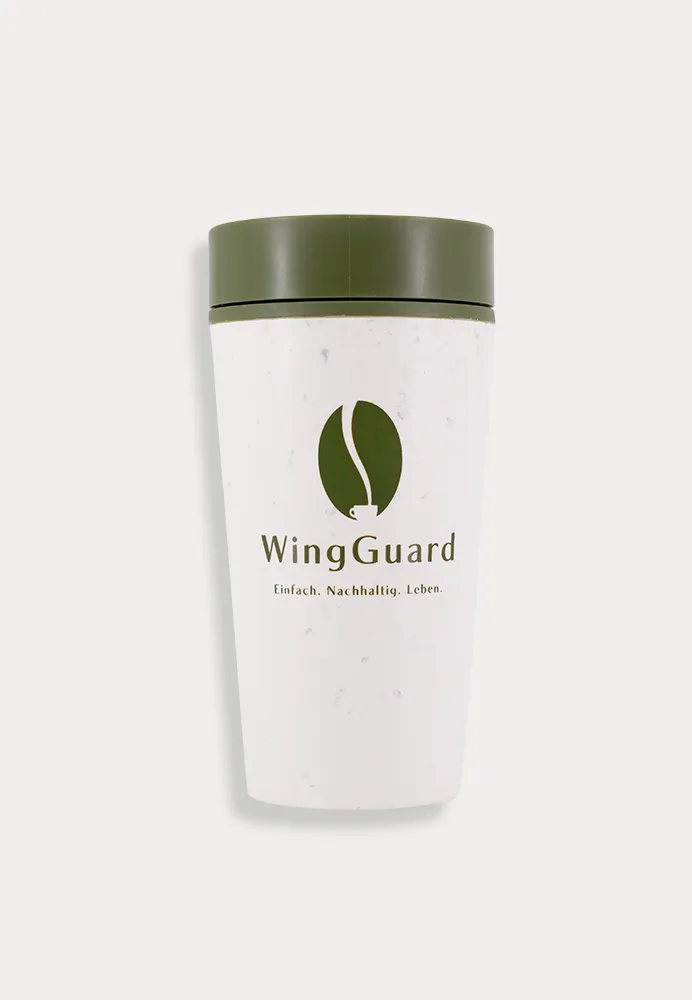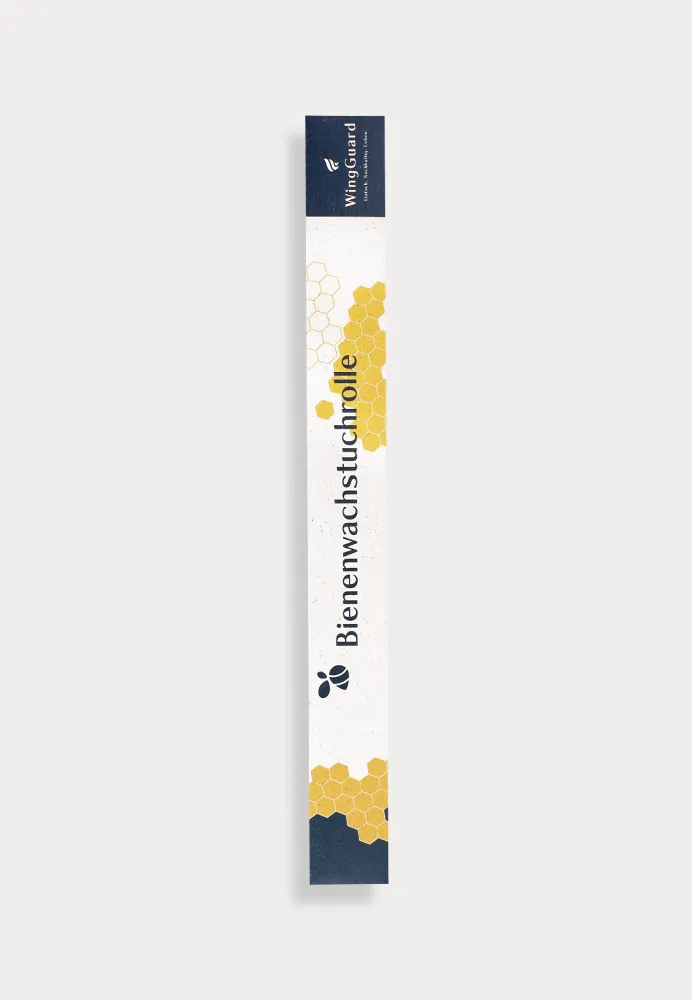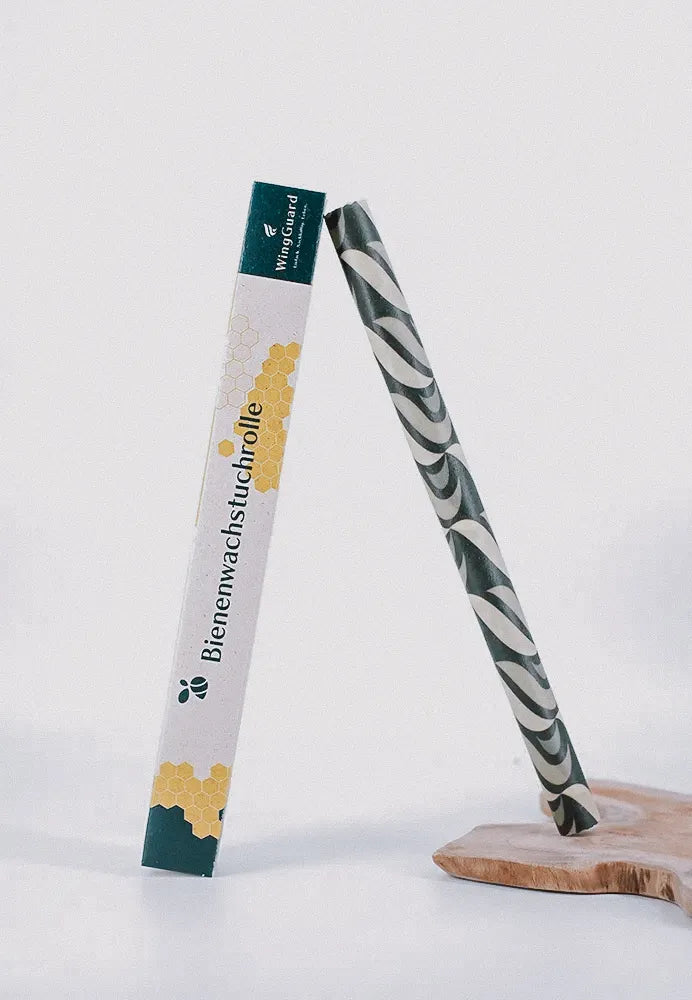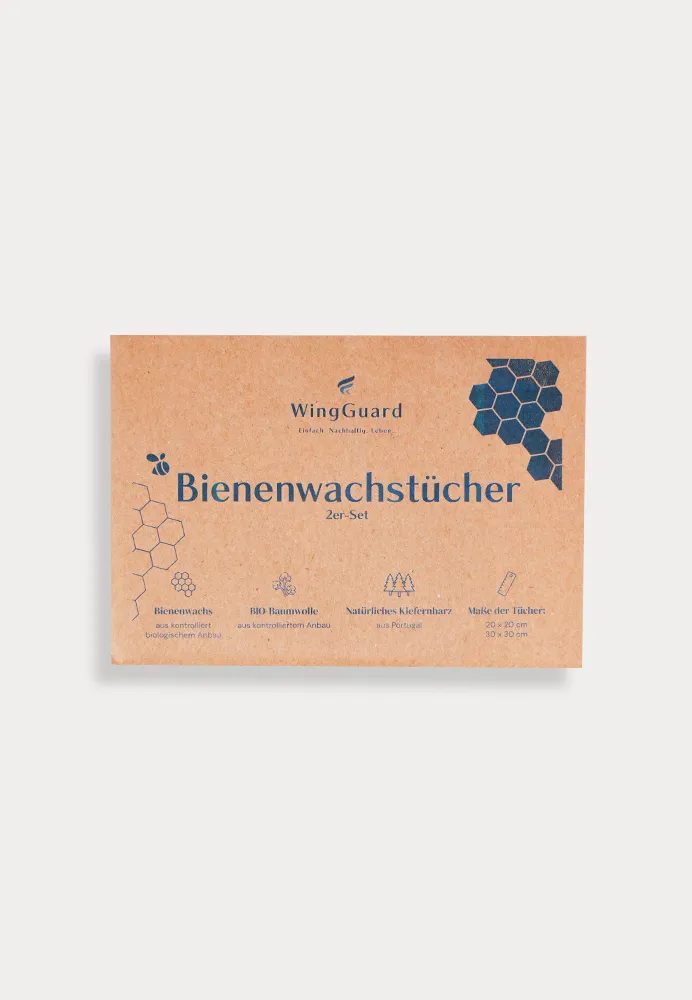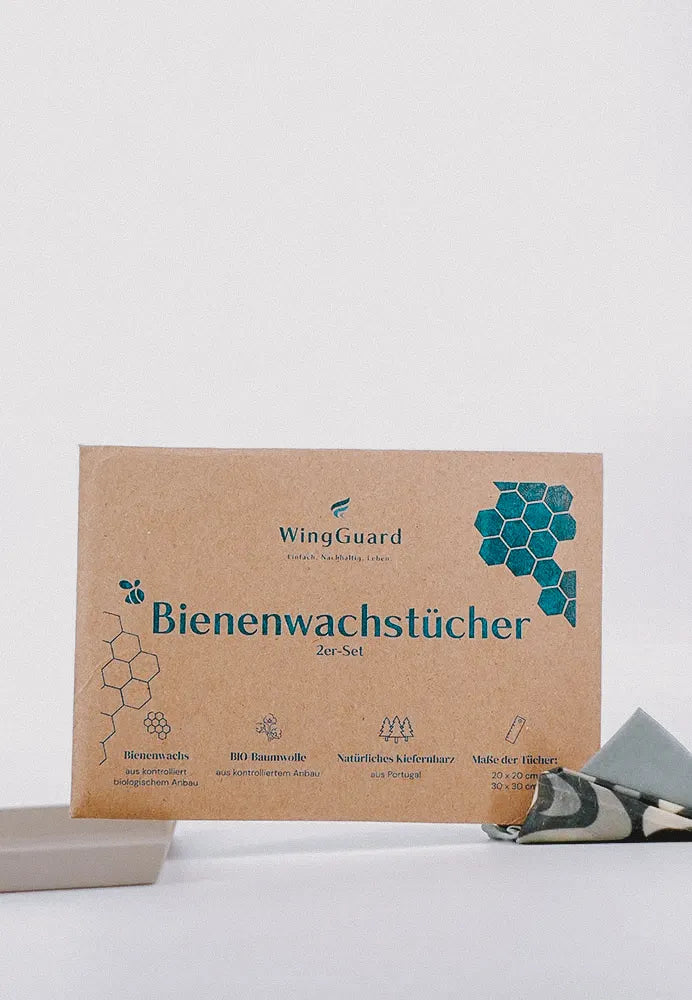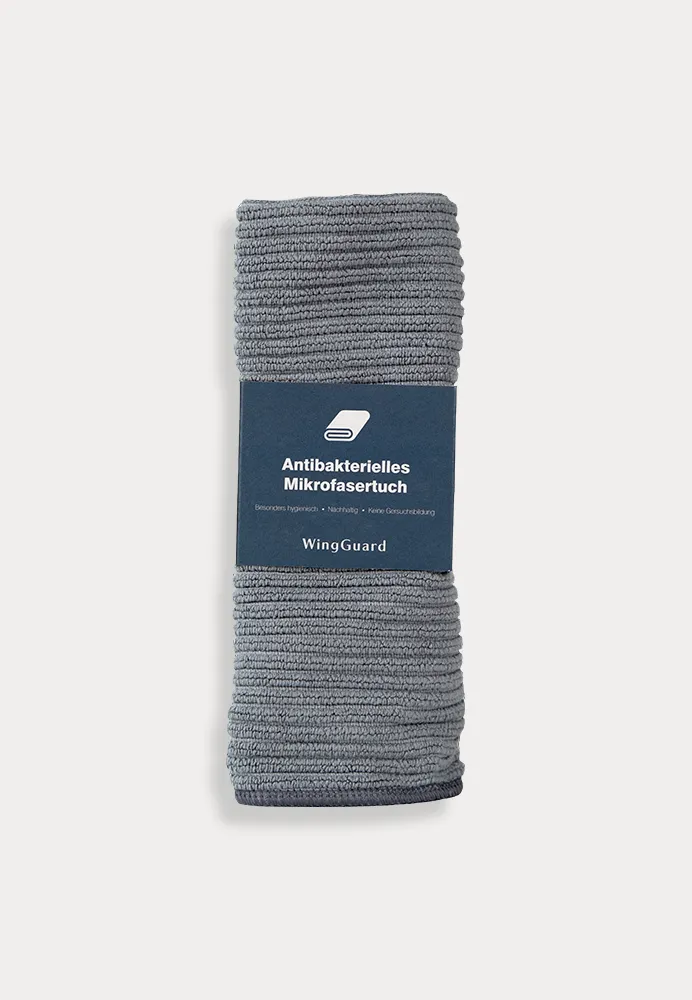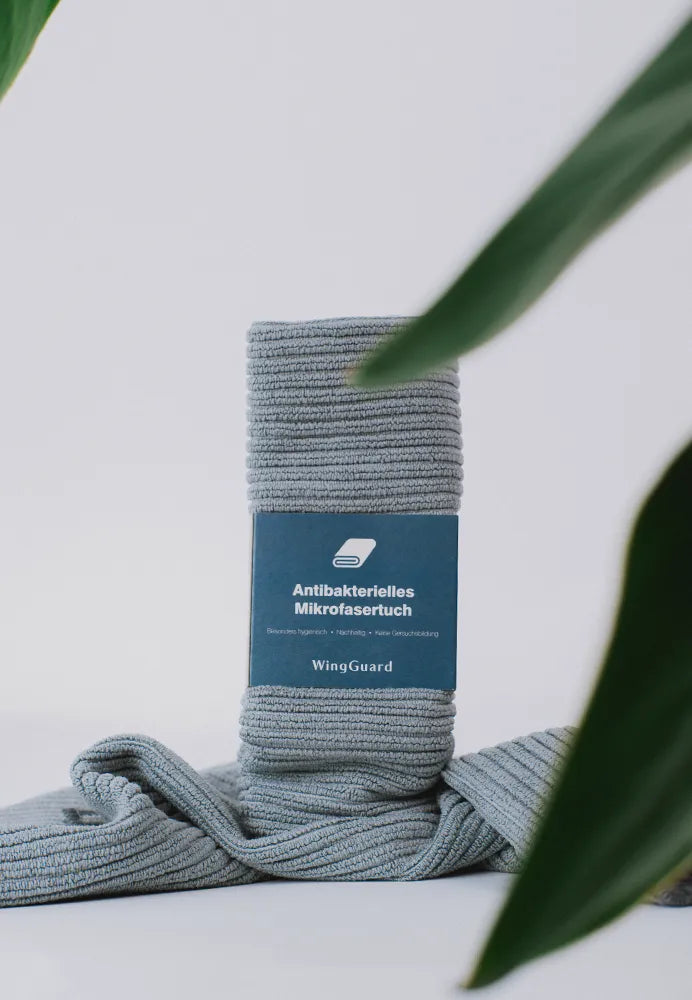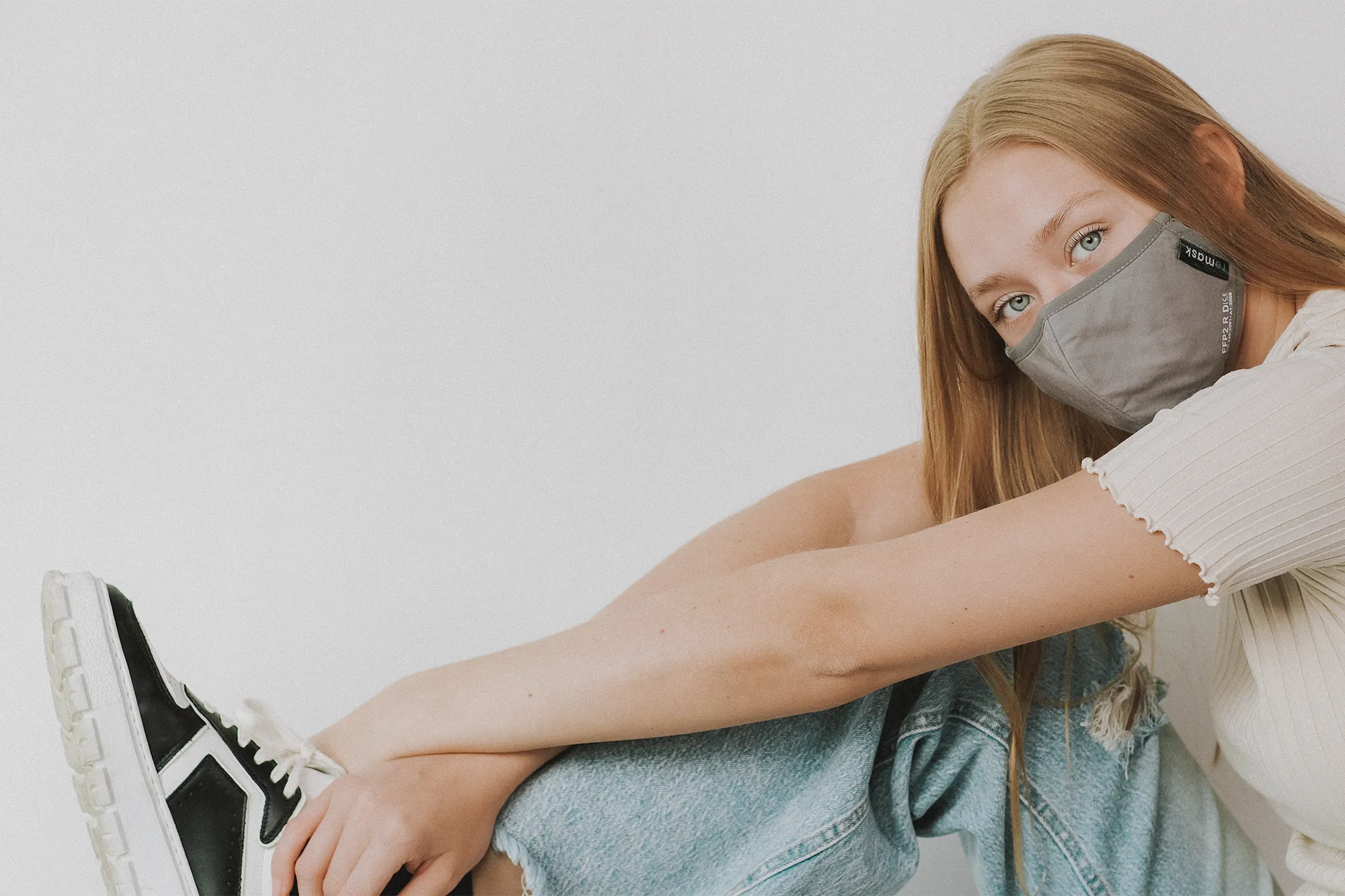The old year is drawing to a close and the new year is just around the corner. For many, the turn of the year is the ideal time for good resolutions.
If your resolution is not only to break bad habits, but also to adopt more environmentally friendly habits, then here are a few ideas for you to make your New Year's resolution a complete success.

Sustainable on the go
The easiest way to make the change to more sustainability is to start with small things that are already part of your routine. Are you one of those people who take their coffee to work every day or like to get it from their favorite barista on the go? Then just use a reusable cup in the future, for example our coffee-to-go cup made from recycled disposable paper cups. Or do you always have a bottle of water with you? Whether it's for sports, shopping or a hiking trip, reusable drinking bottles beat disposable bottles in every respect. Whether it's the completely recyclable Dopper bottle for on the go or the stylish drinking bottle from Pearl made from 100% recycled glass for the office. The seas will thank you.

Plastic-free kitchen
If you're one of those people who are completely unfazed by reusable bottles, then our next idea might be for you. Take a good look at the cupboards and drawers in your kitchen. What is the plastic content here? How do you feel now about the resolution to reduce plastic in your kitchen? For example, to store your food in the future, use glass food storage containers instead of plastic containers . Or are you a fan of meal preps or homemade? Then the preserving jars from Pearl might be just the right thing for you. If you want, you can also go one step further: your dishwashing brush has given up the ghost, your cleaning sponge or cloth needs to be replaced or you are running out of detergent? No problem. When making your new purchase, simply look for sustainable alternatives made from renewable raw materials .

Fixed alternatives
Speaking of sustainable alternatives. If one of your resolutions is to reduce your carbon footprint, then solid alternatives may be just what you need. In the meantime, there is a suitable solid alternative for various everyday products, such as detergent , dishwashing liquid , shampoo or toothpaste .
The full range of benefits of such solid products may not be immediately apparent. But in addition to water and preservatives, buyers and sellers also save in other areas. Because the products are in concentrated form, they are also smaller in size, which automatically saves packaging material. In addition, they are space-saving, both in transport and in the warehouse and at your home. As a result, they are not only more resource-efficient overall, but also cause fewer CO2 emissions than liquid products.

Refill instead of new purchase
How about the New Year's resolution to focus more on refill products? In other words, products that can be refilled. At the beginning you buy the complete product, for example a deodorant from Wild in the appropriate dispenser. As soon as the deodorant is used up, however, you only throw away the refill pack, the reusable dispenser remains and can then be refilled with a new refill pack. The advantage is not only the sustainability of the product, but also the freedom to try out new fragrances over and over again. There are now refill options in many other areas, for example in cosmetics, such as the solid face care oil from Truemorrow , or in household products, such as the large-volume refill packs from Sonett . But refill does not necessarily mean that you have to refill the products yourself. There are now reusable products such as SEA ME soaps and lotions . This is where reusable bottles are used, which can be returned to the manufacturer after use against a deposit, where they are then cleaned and refilled.


